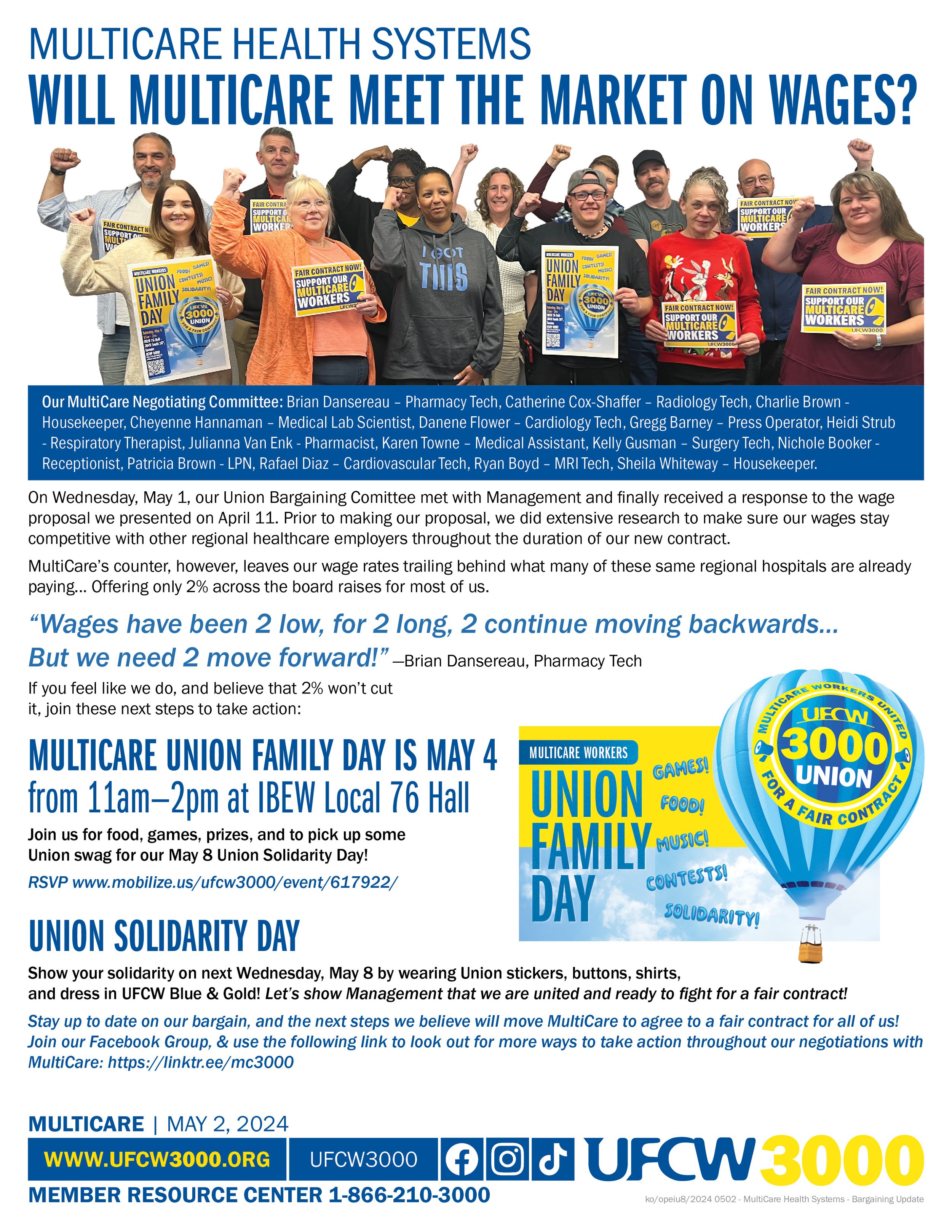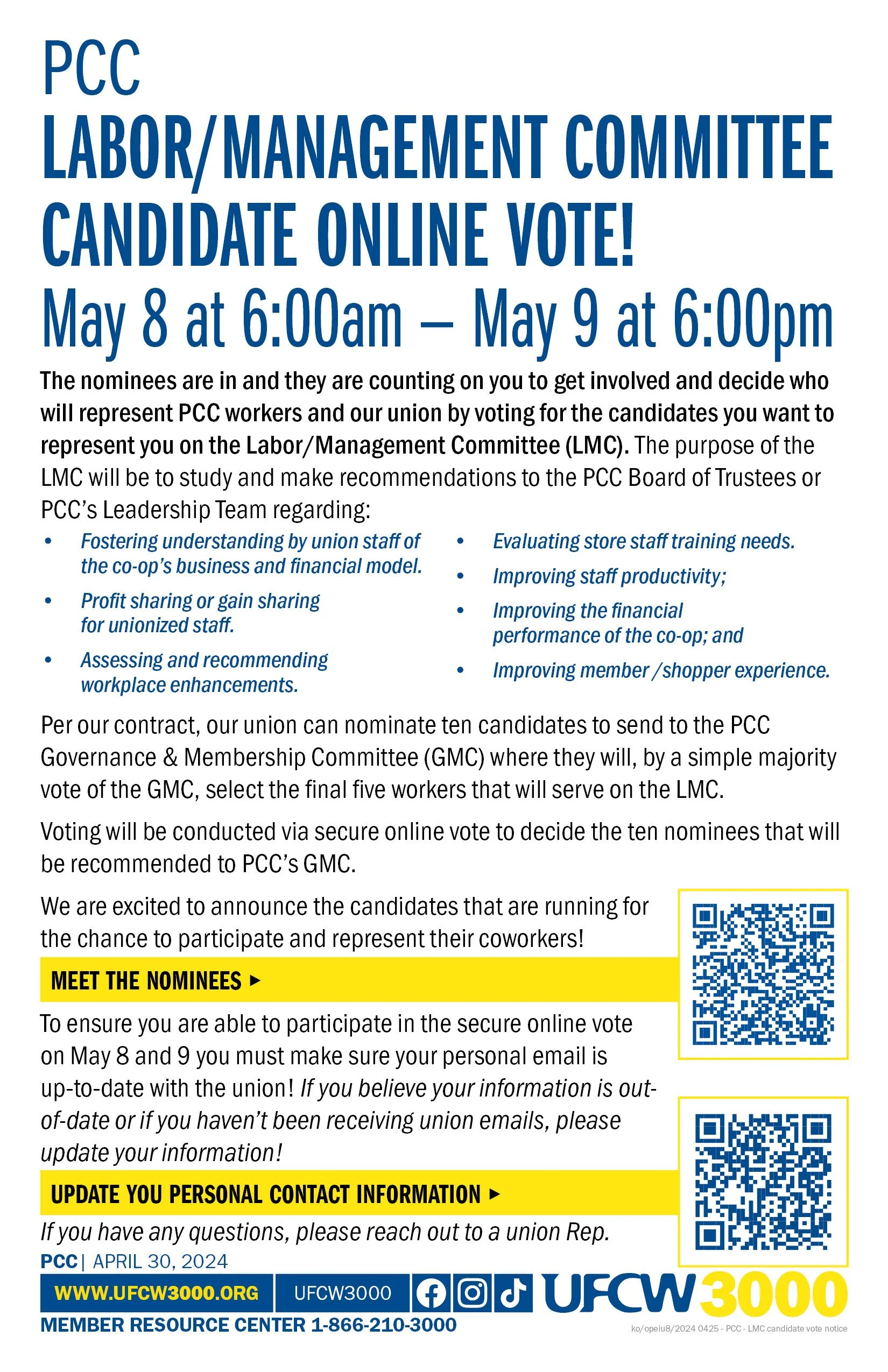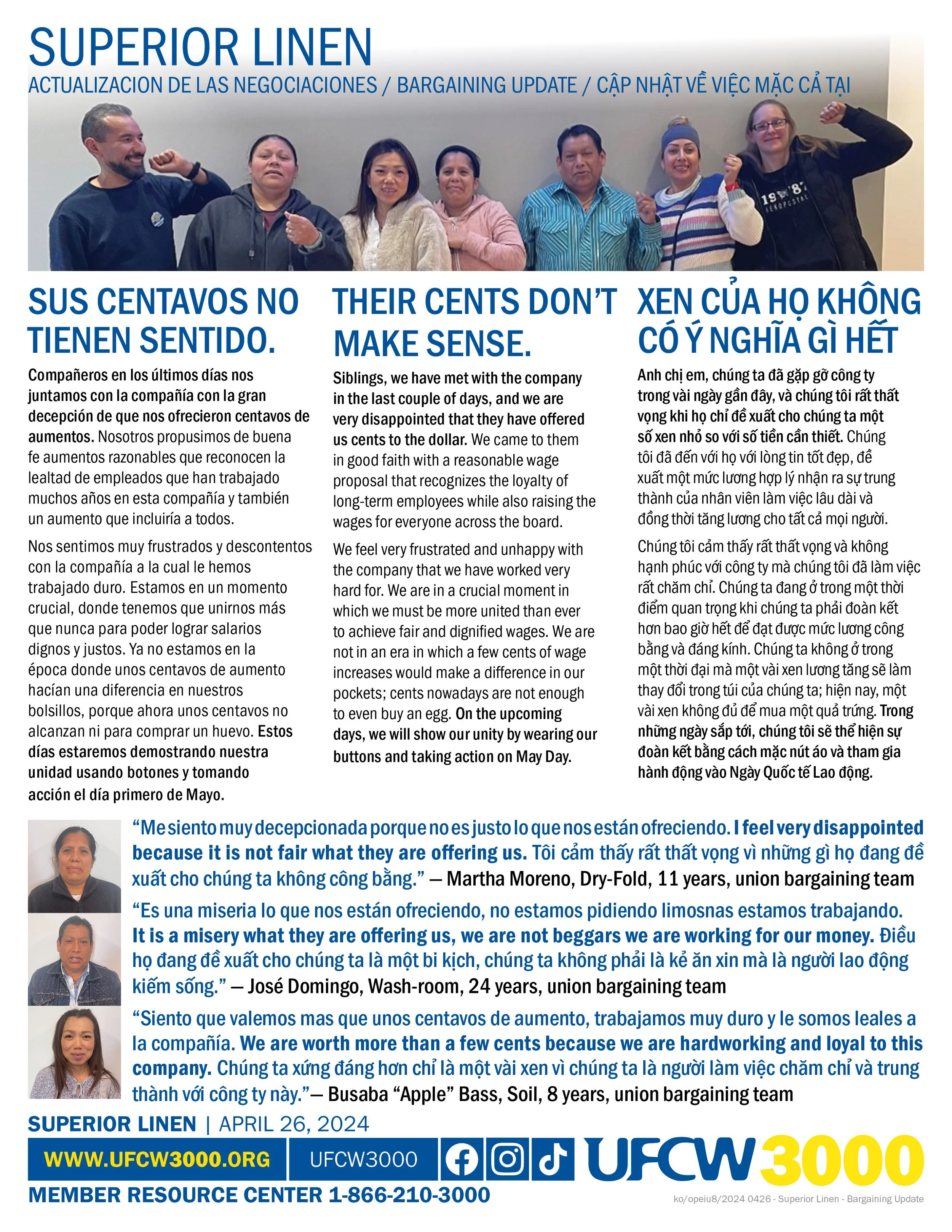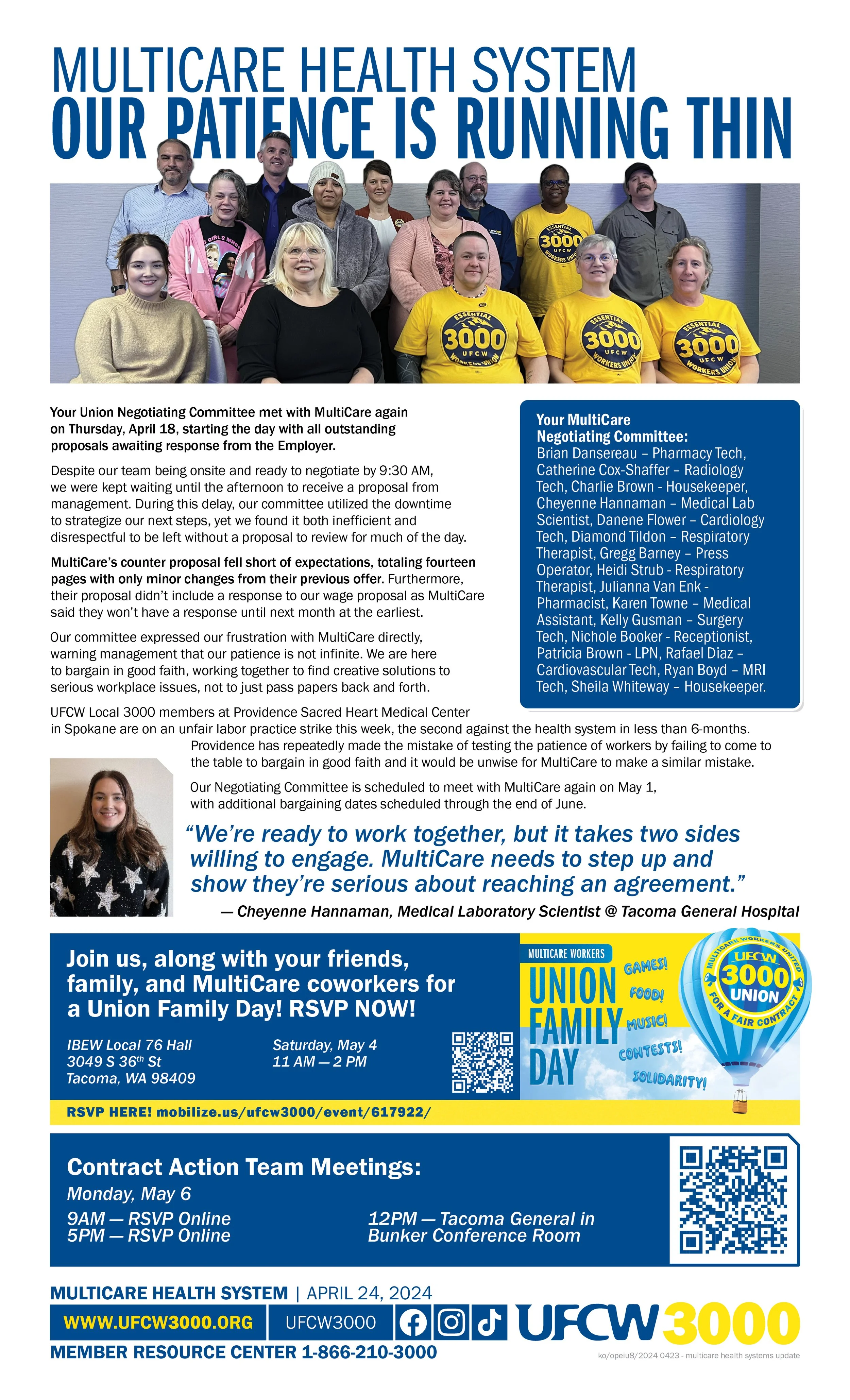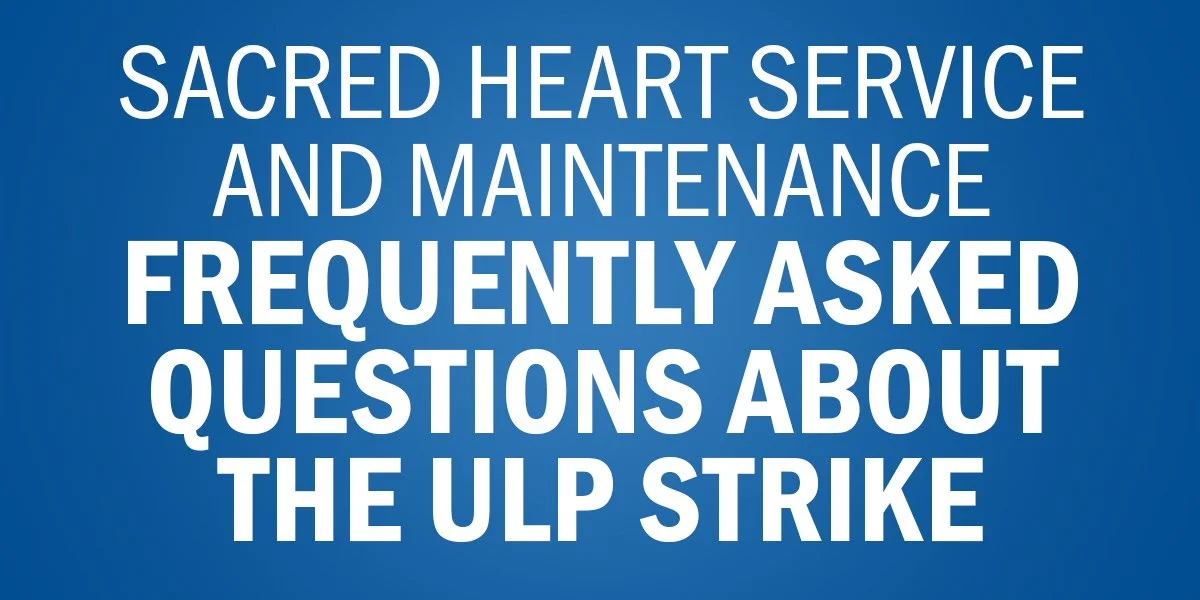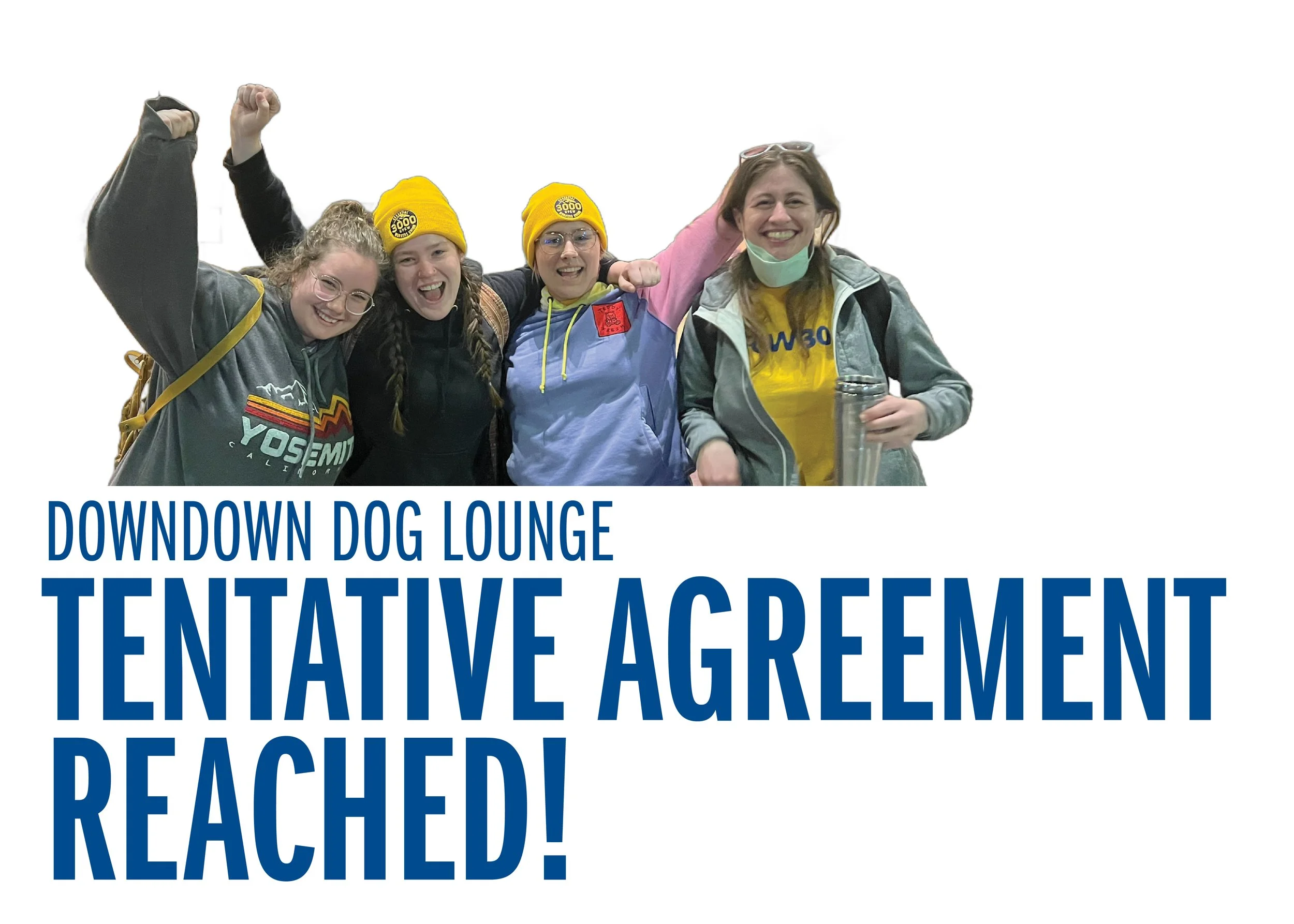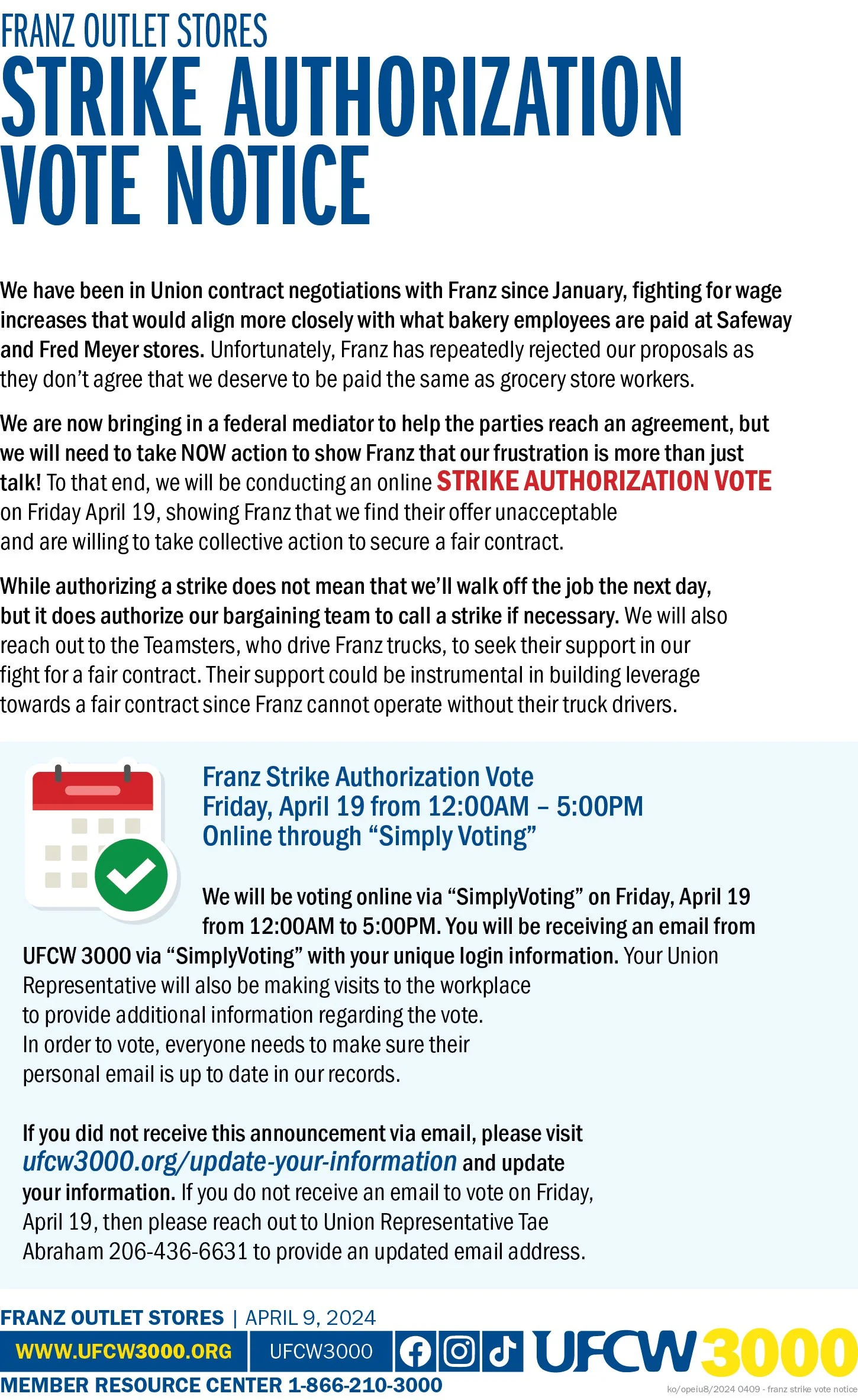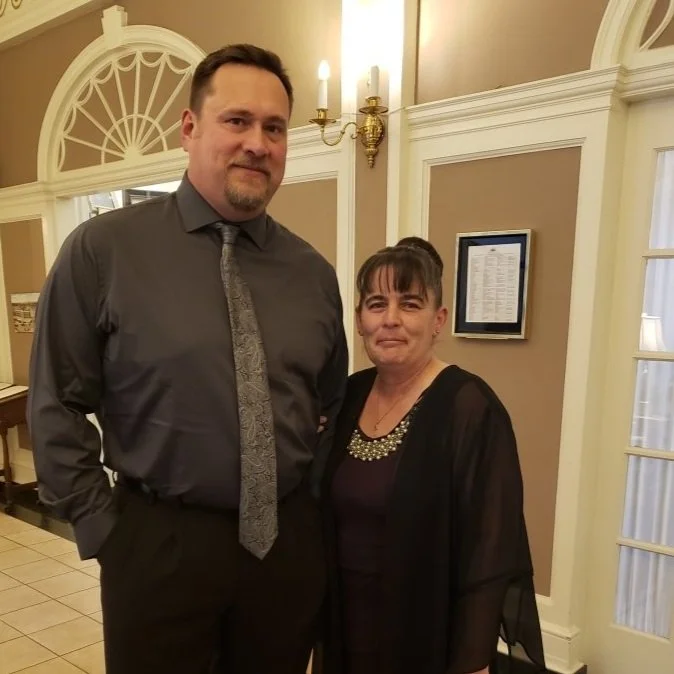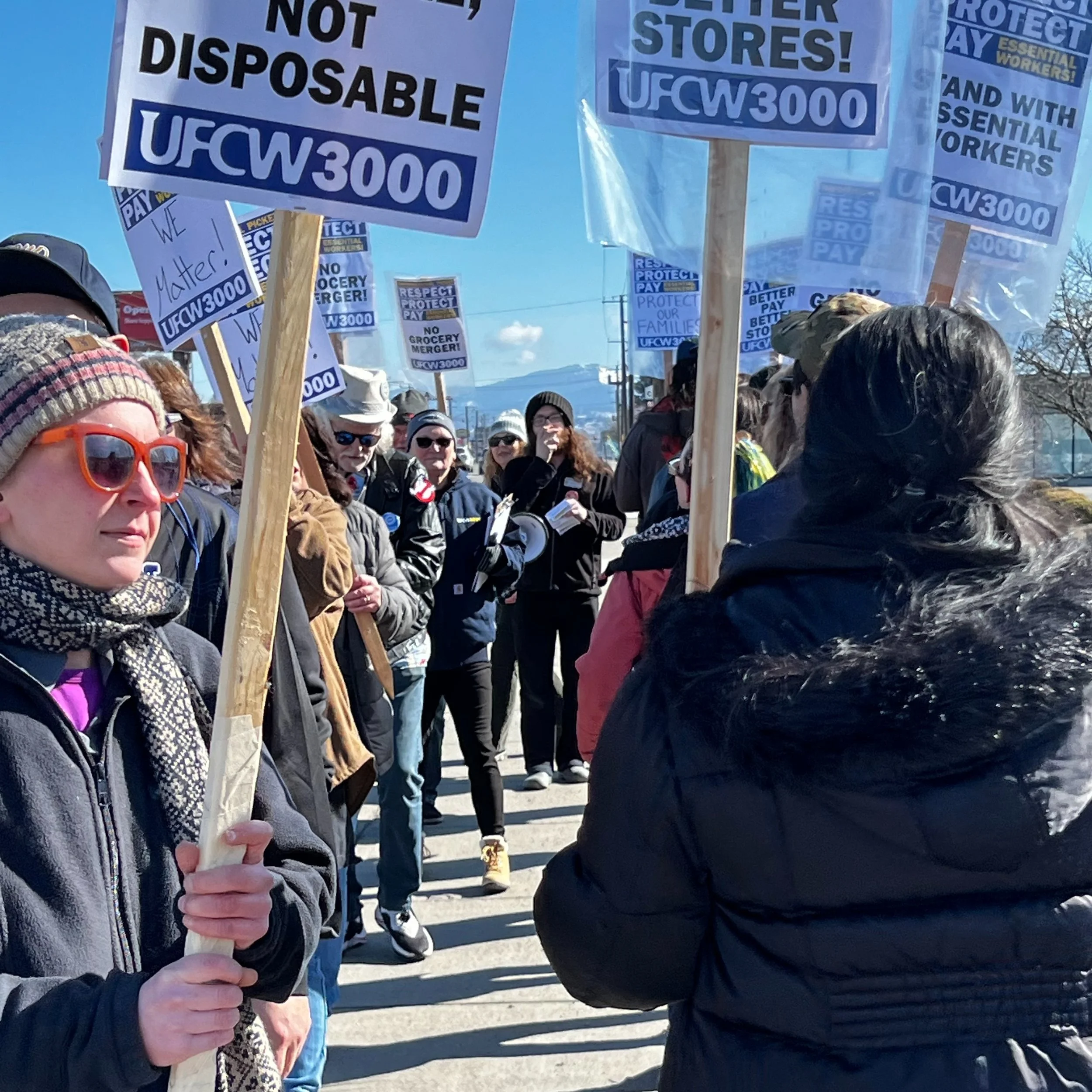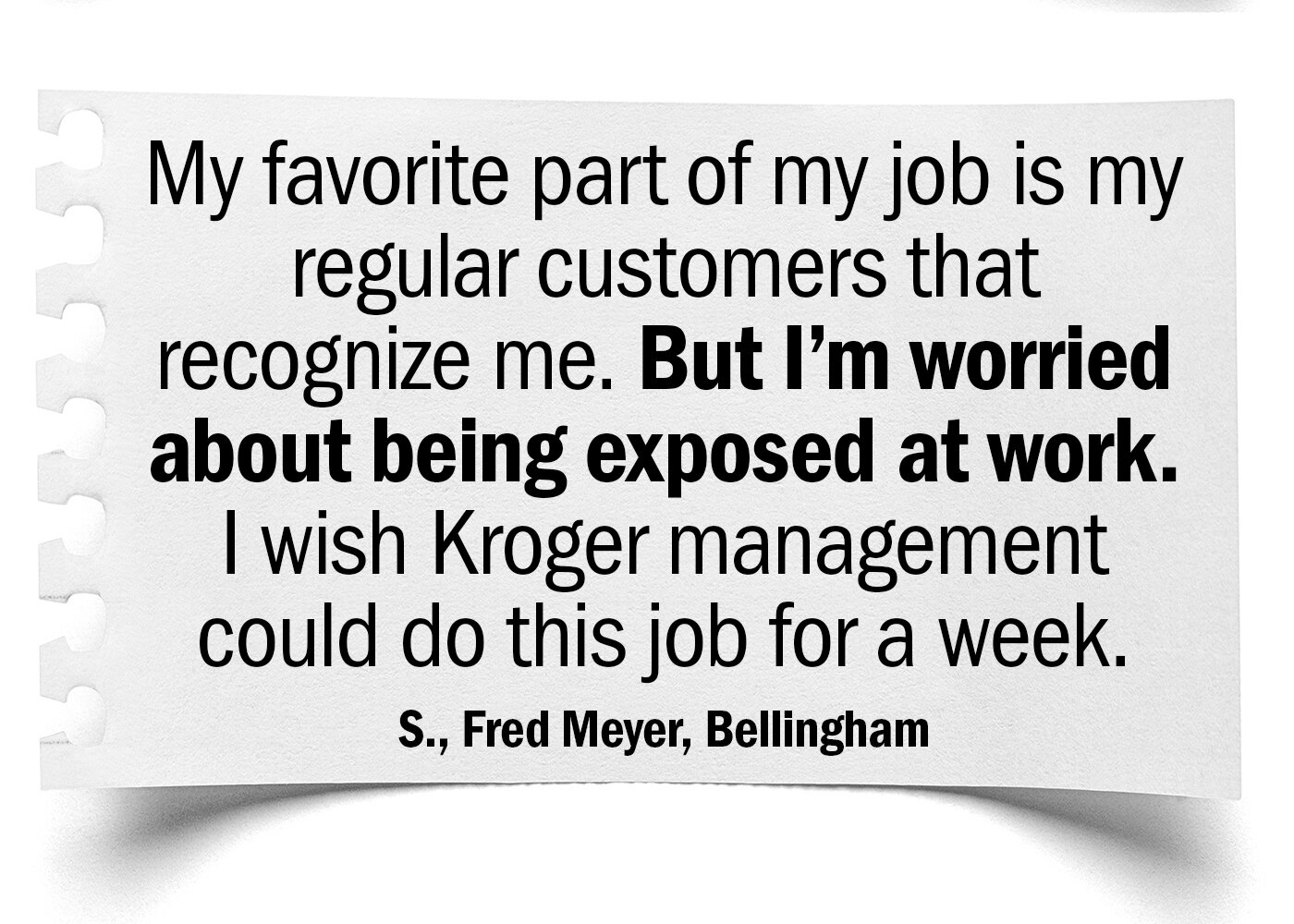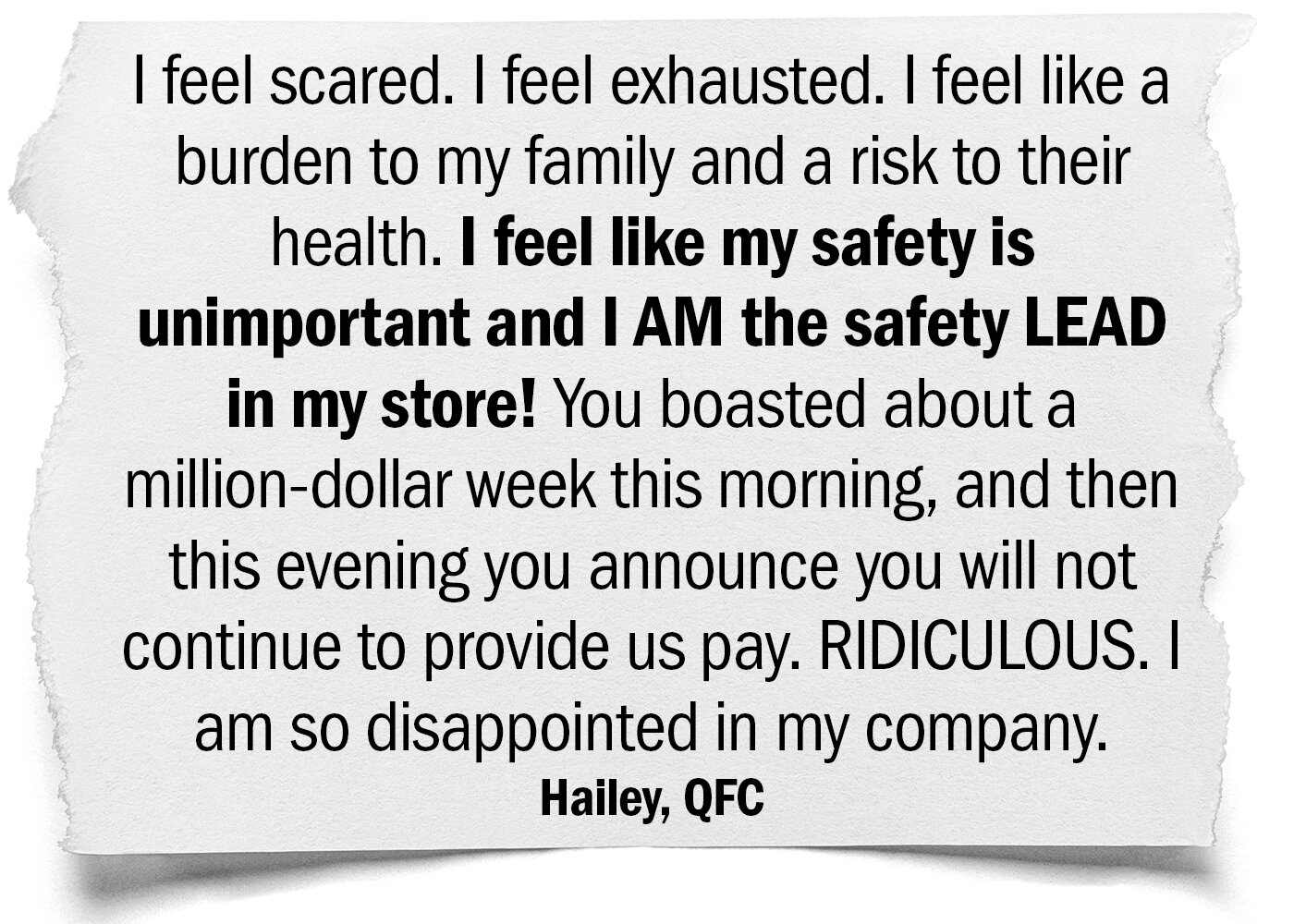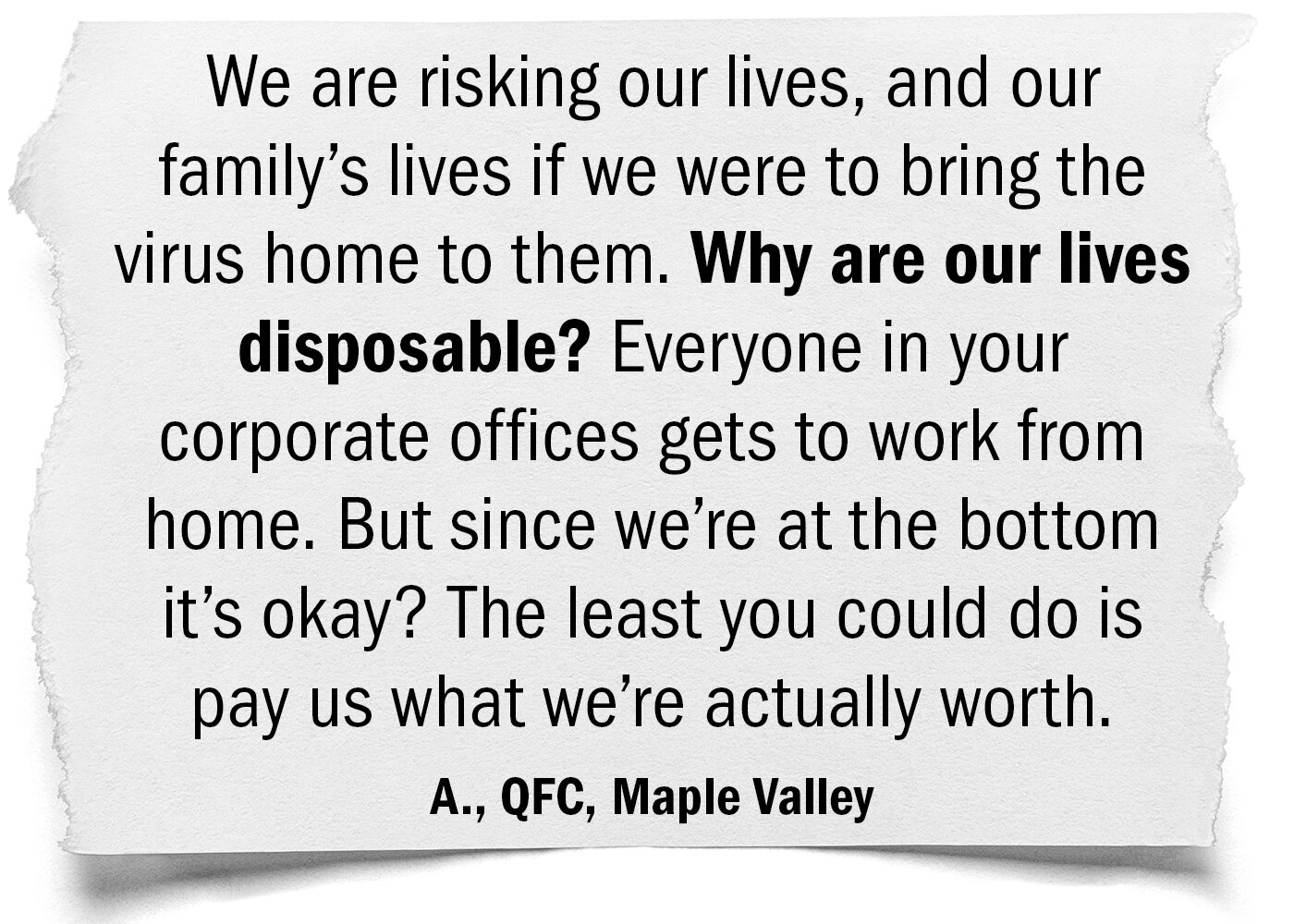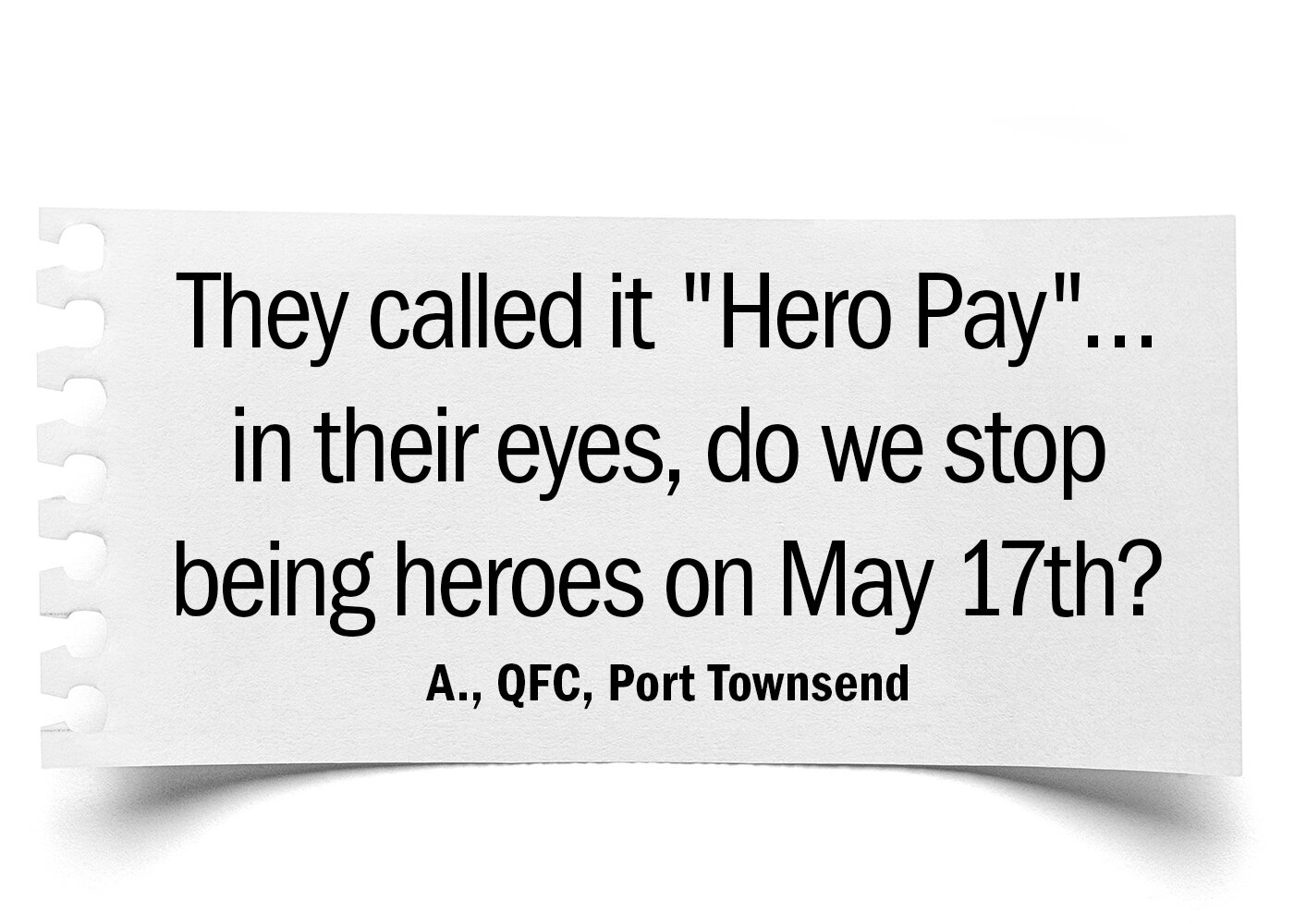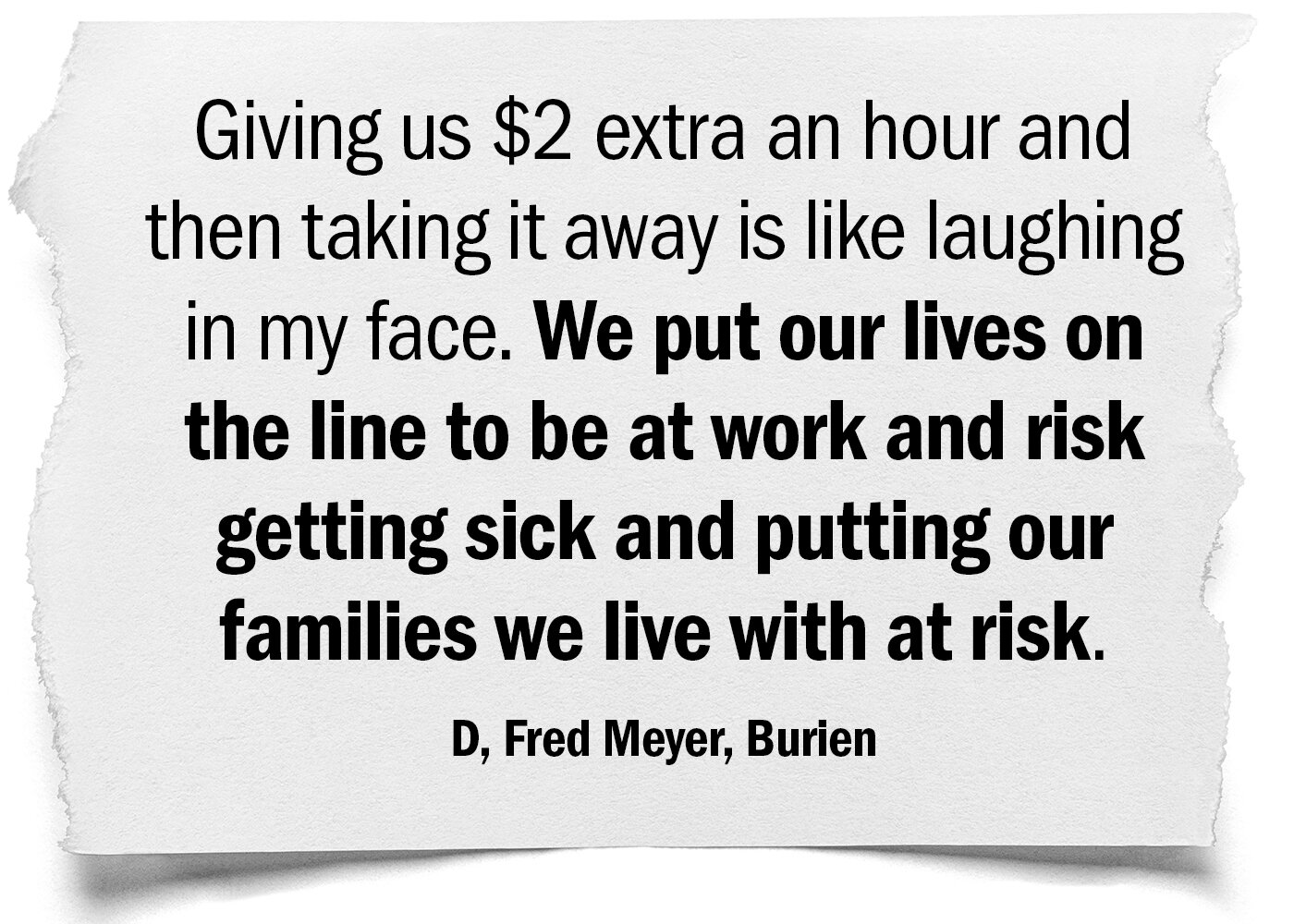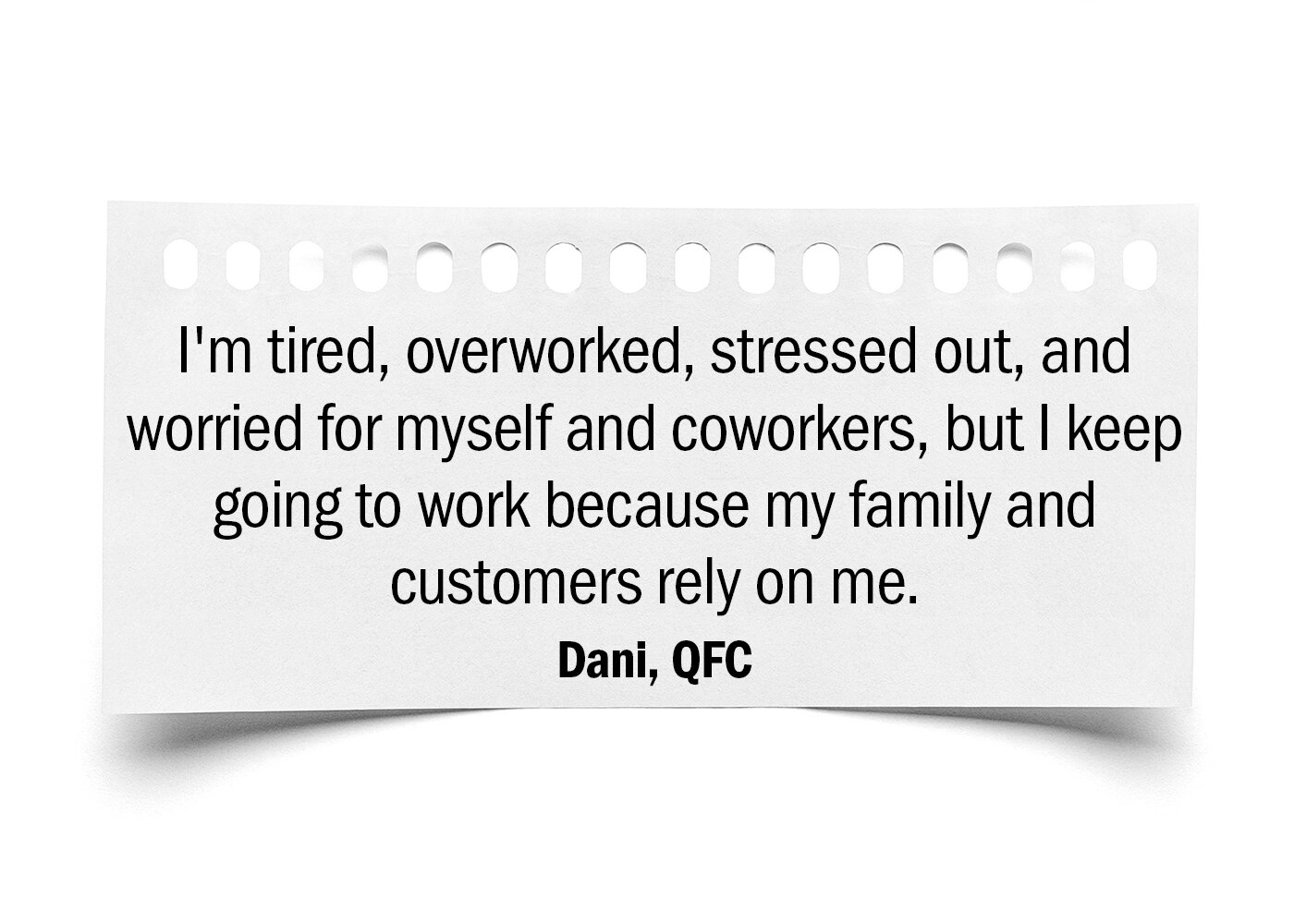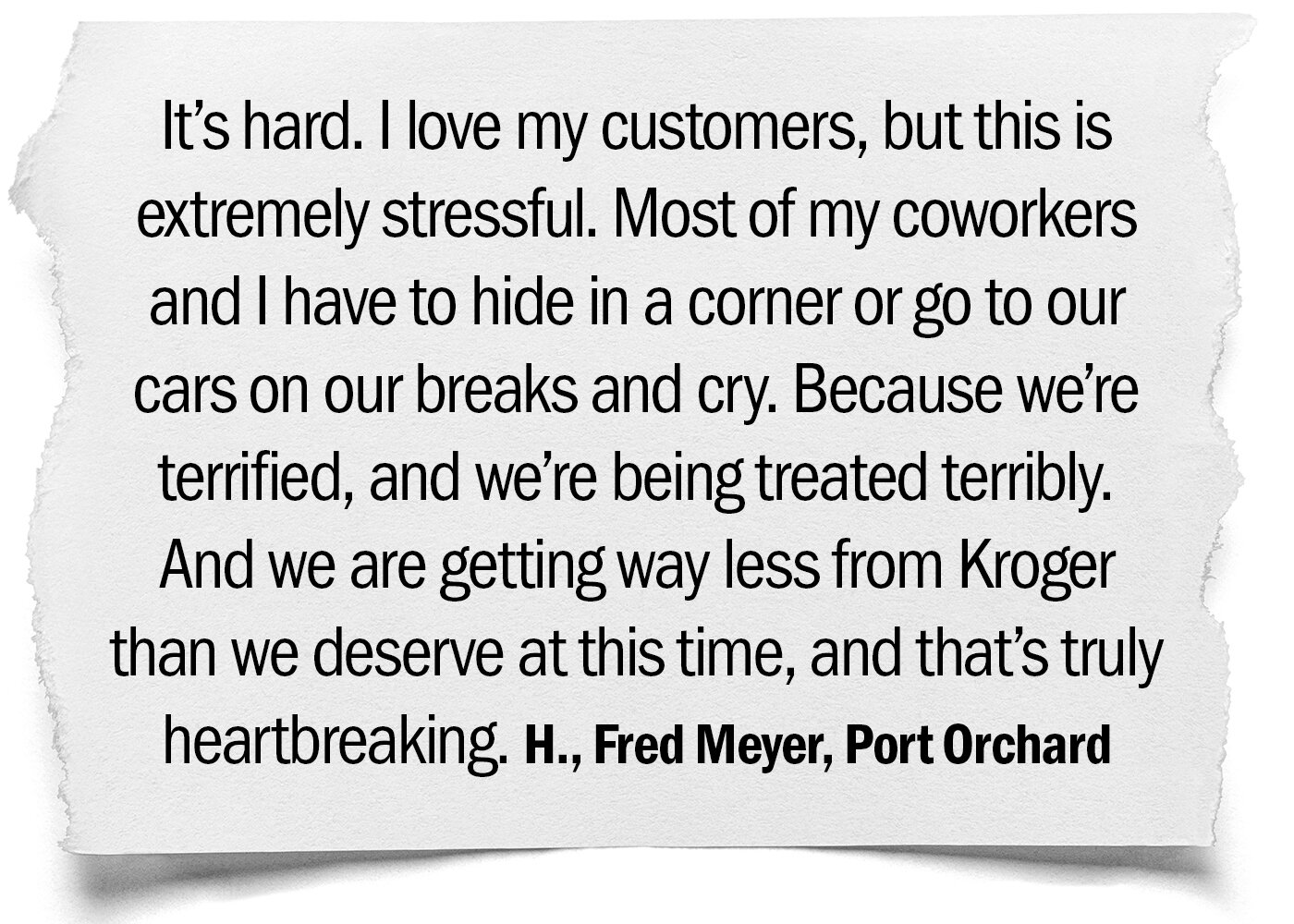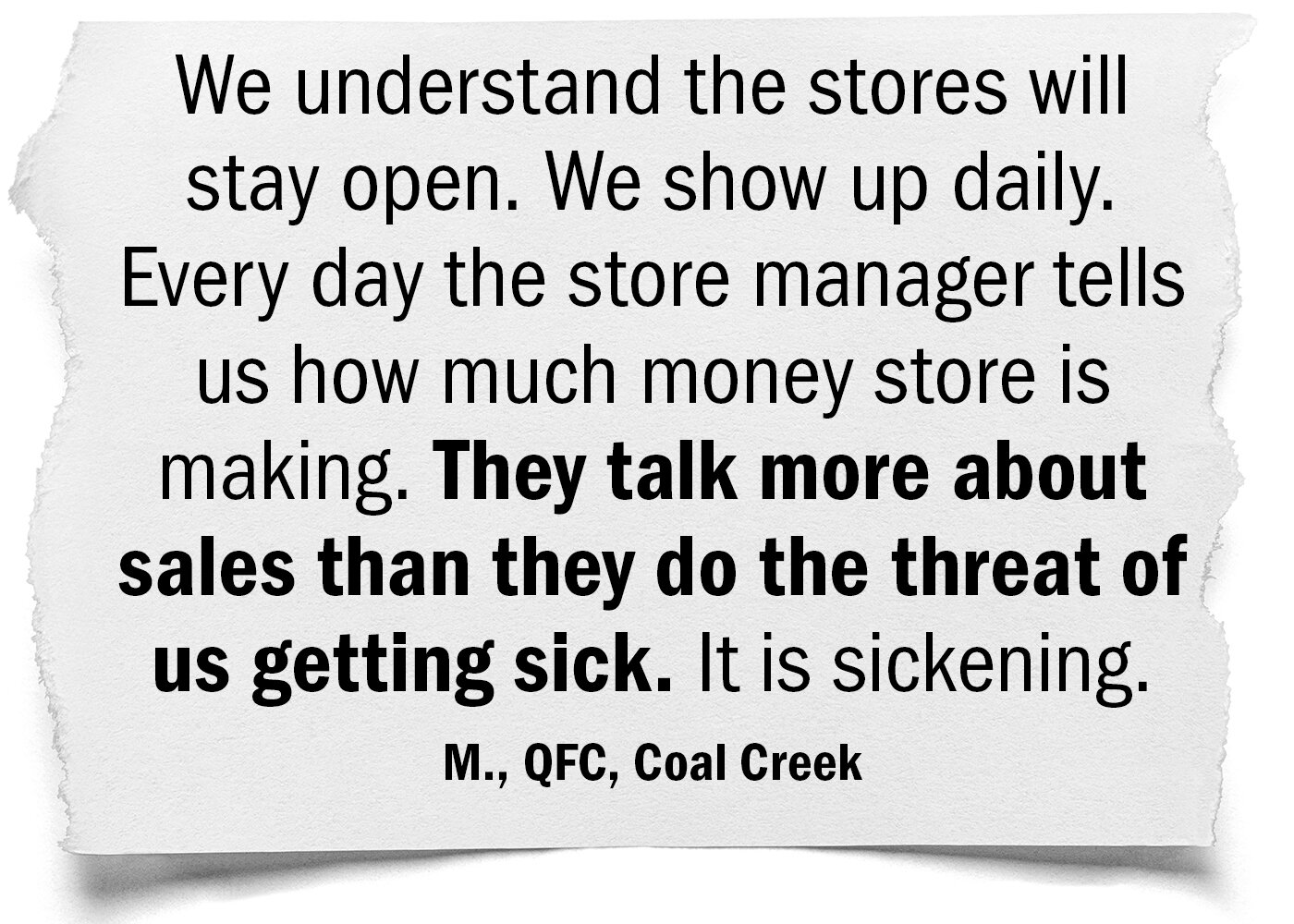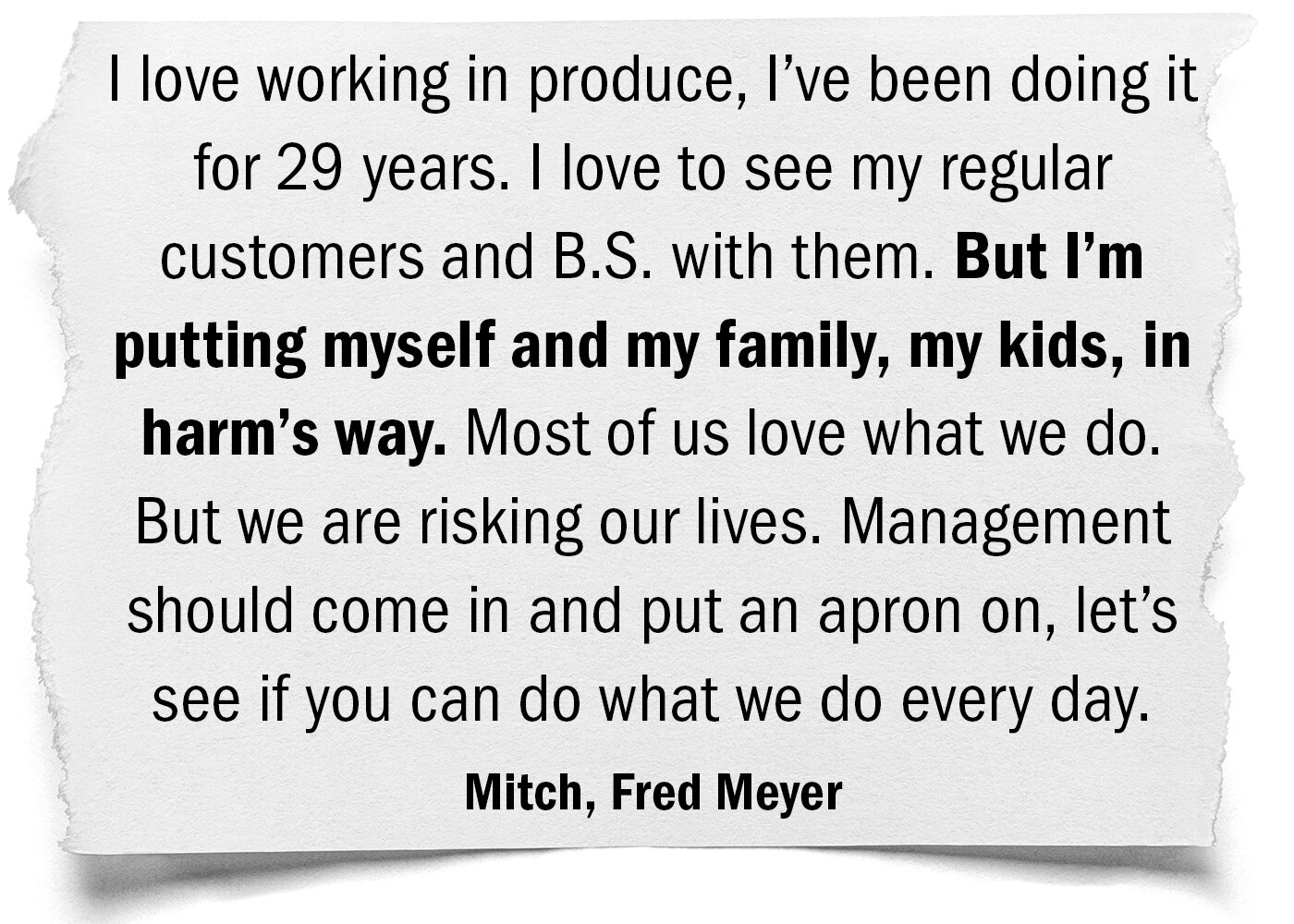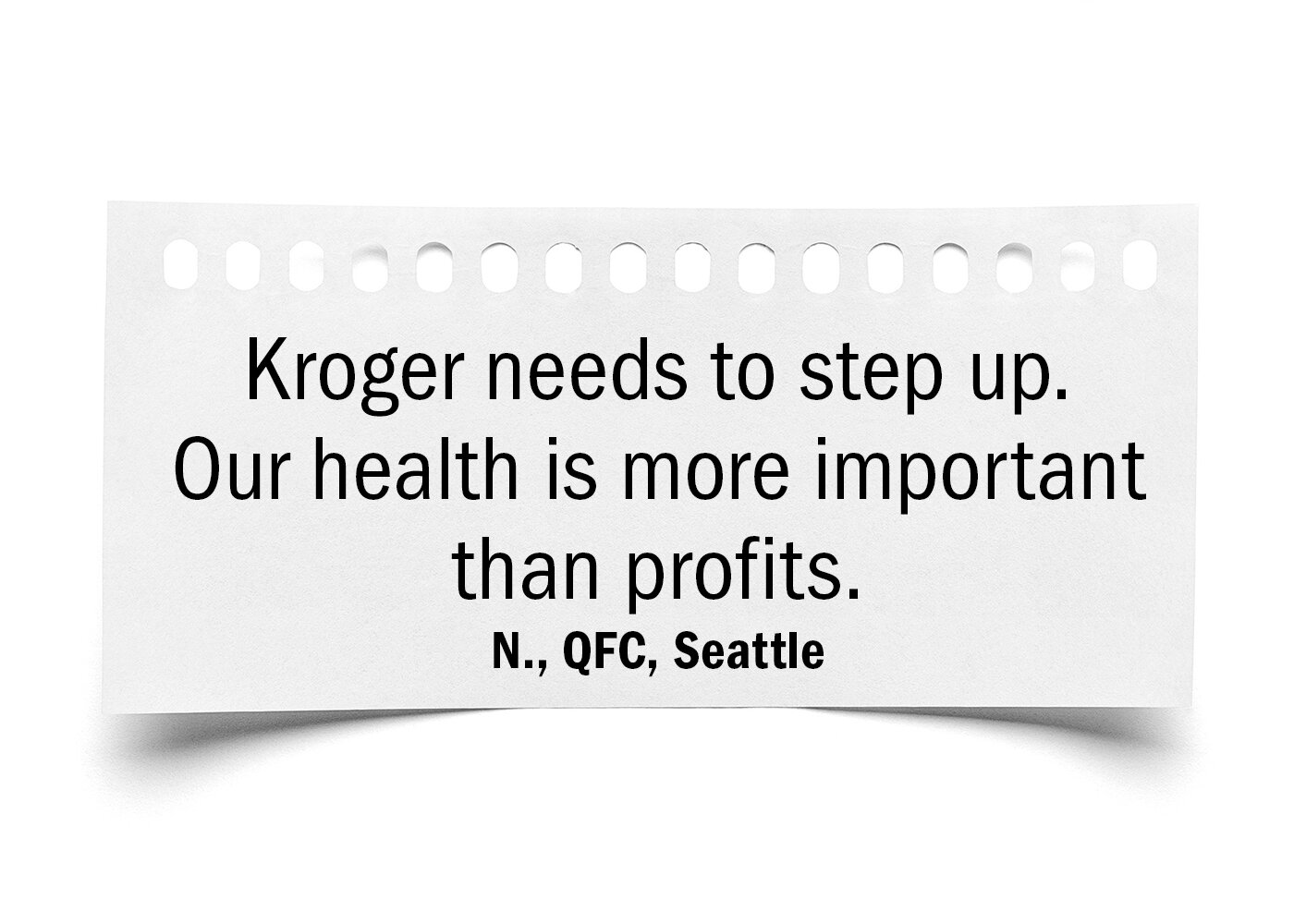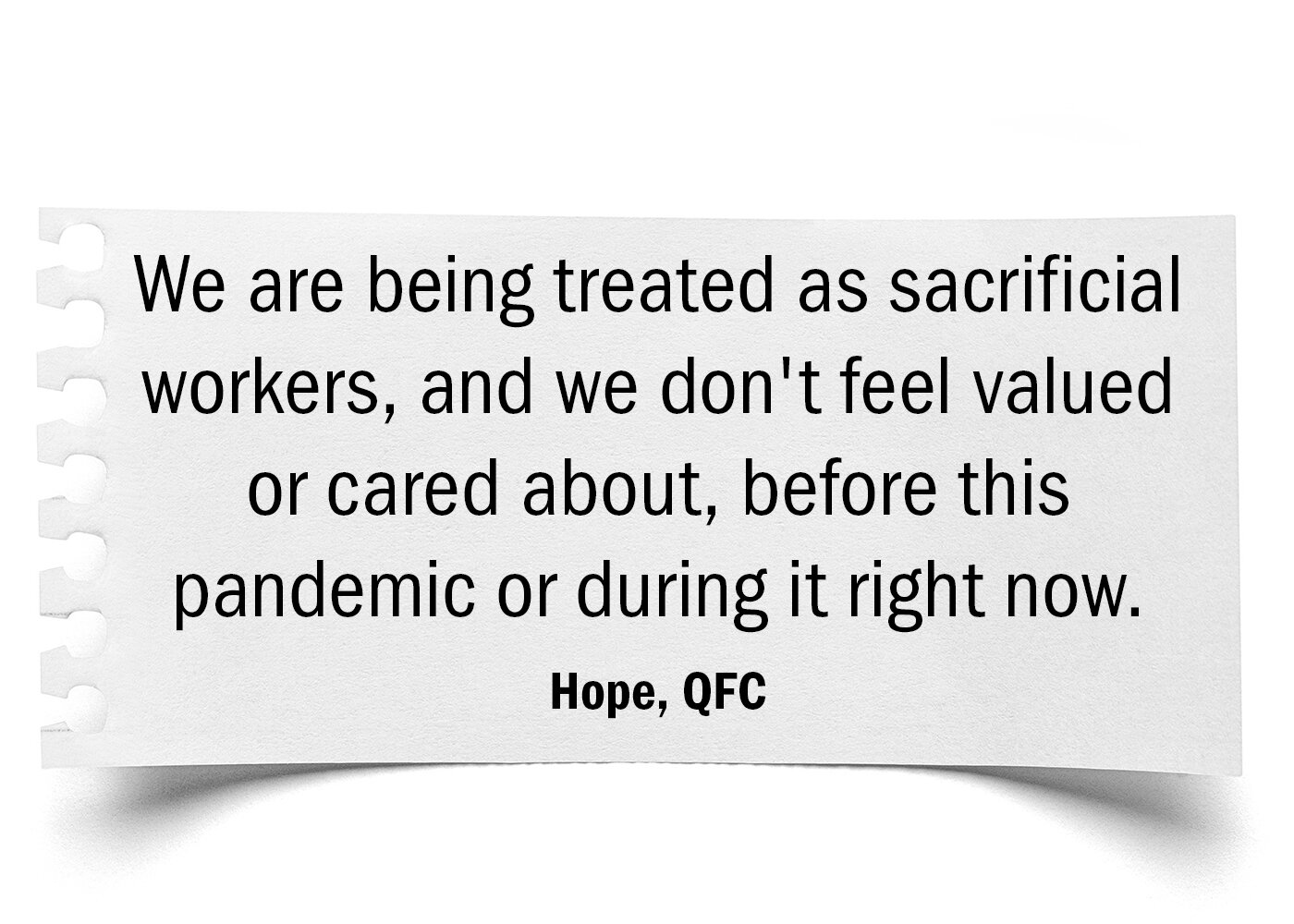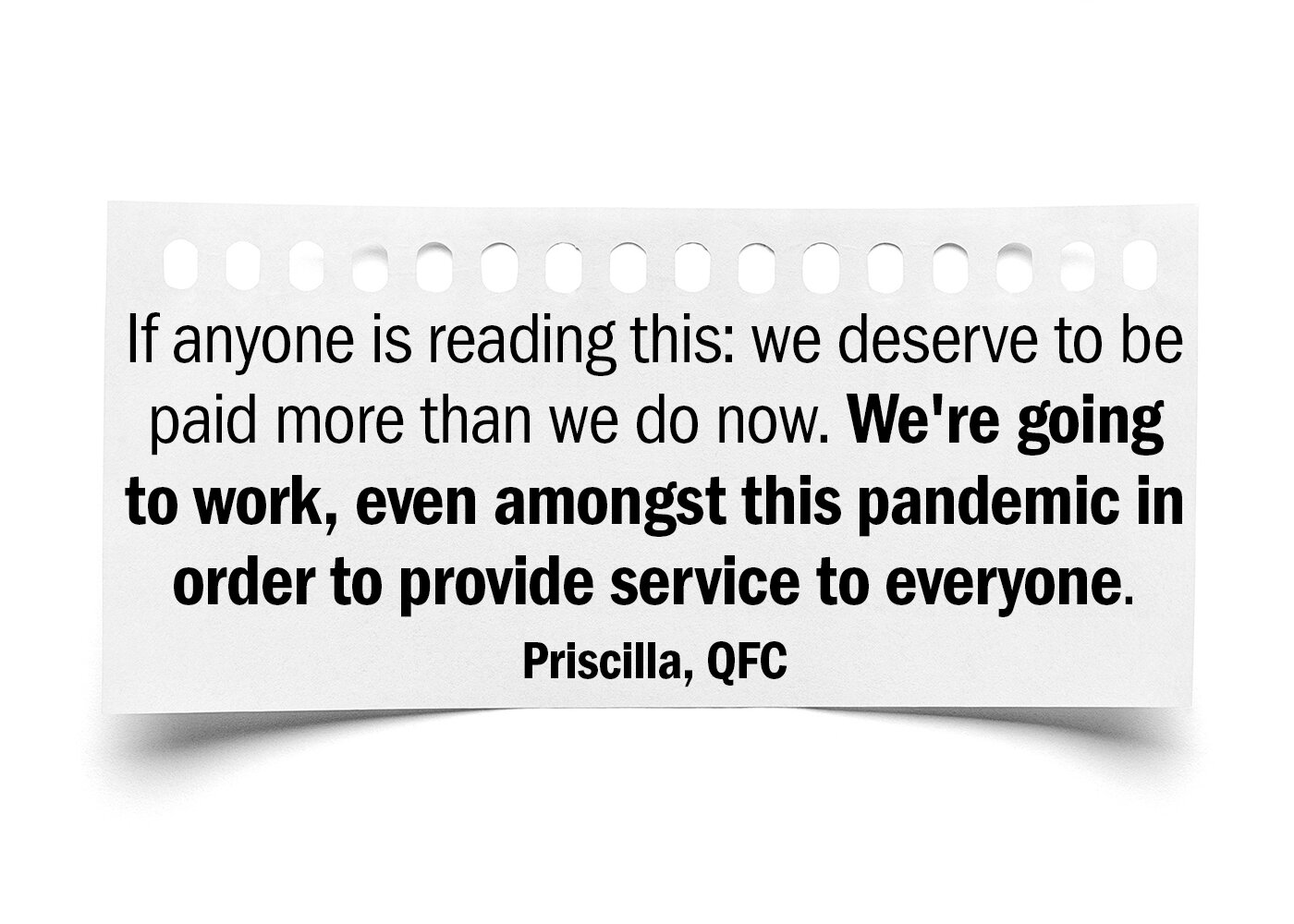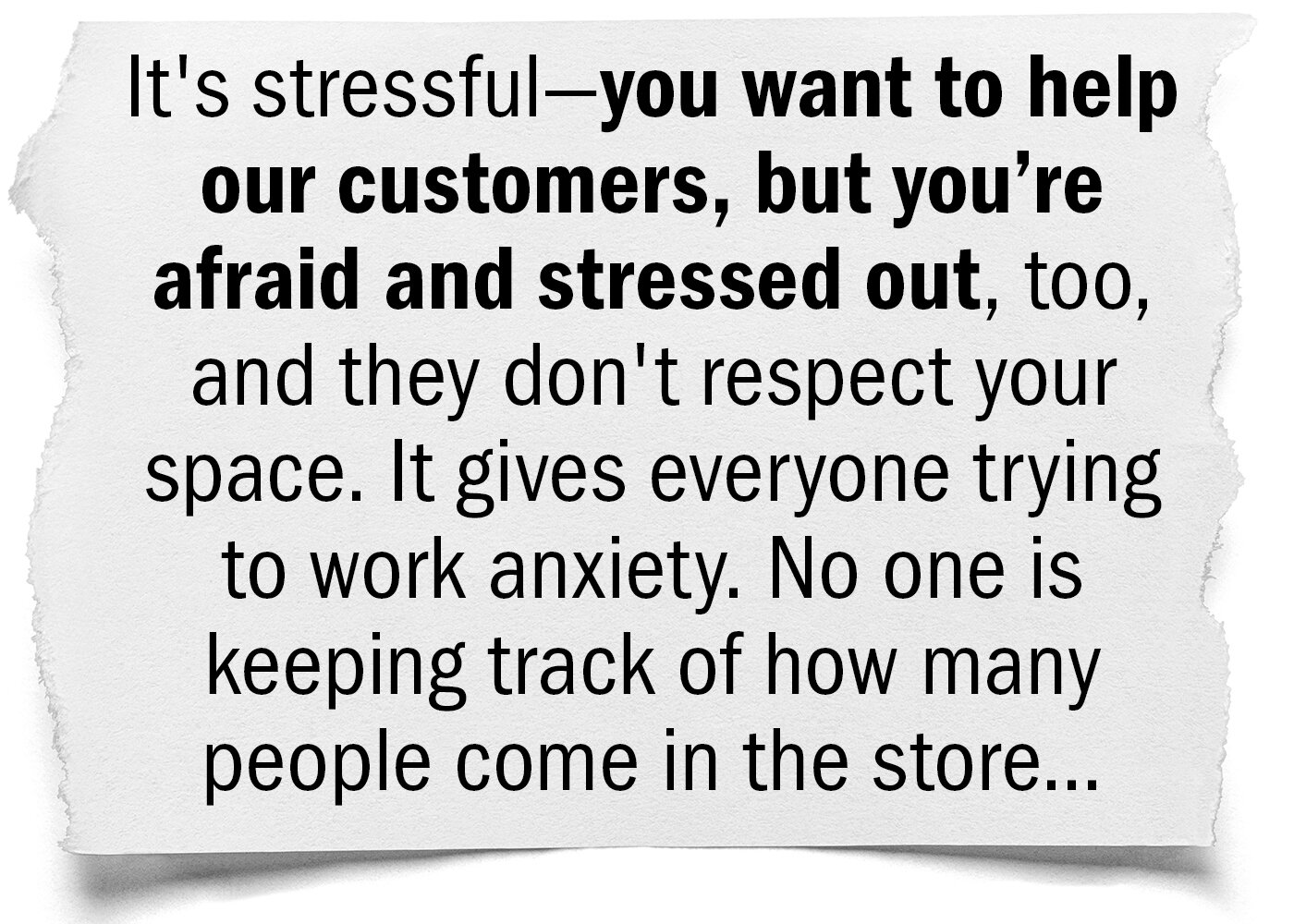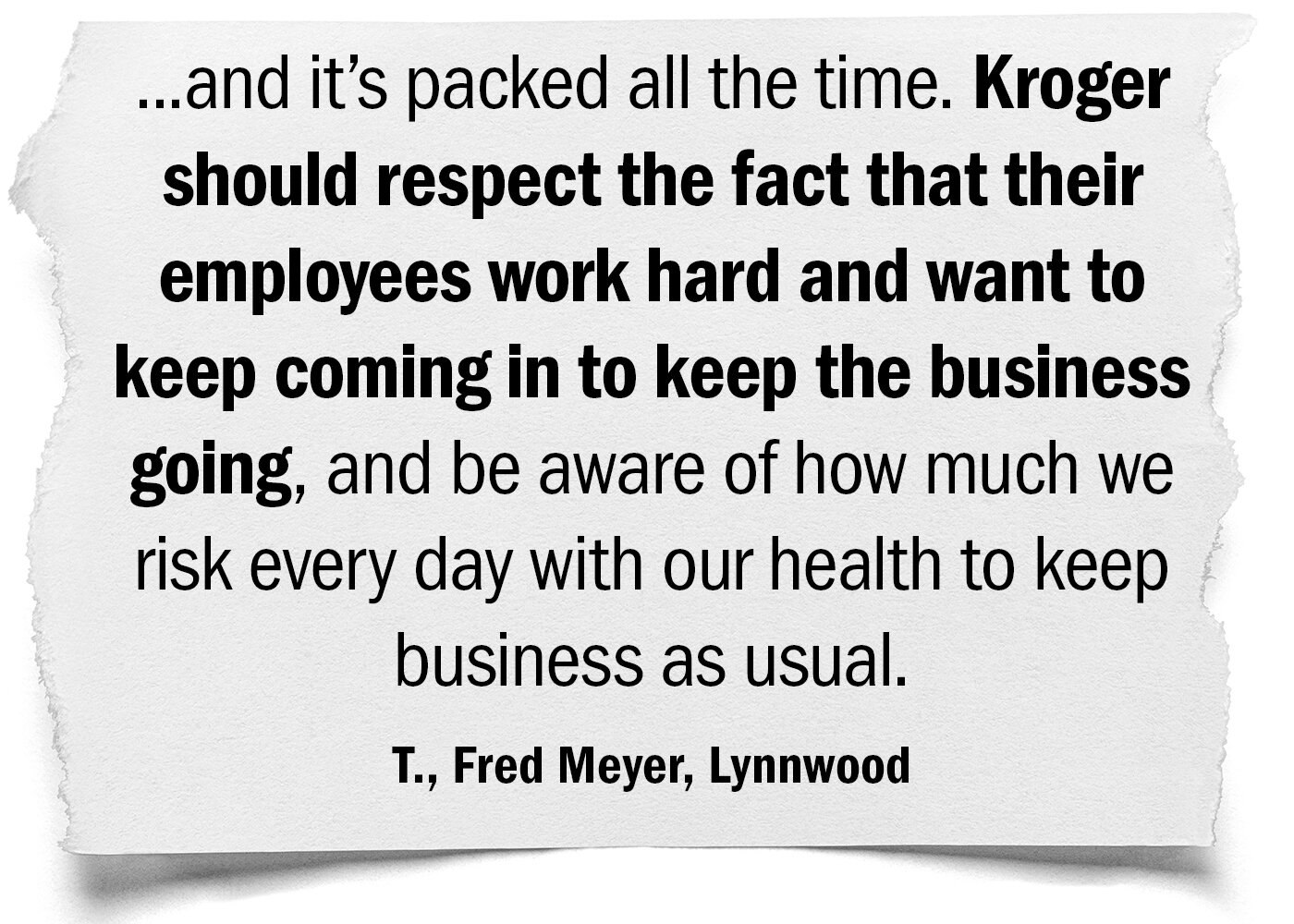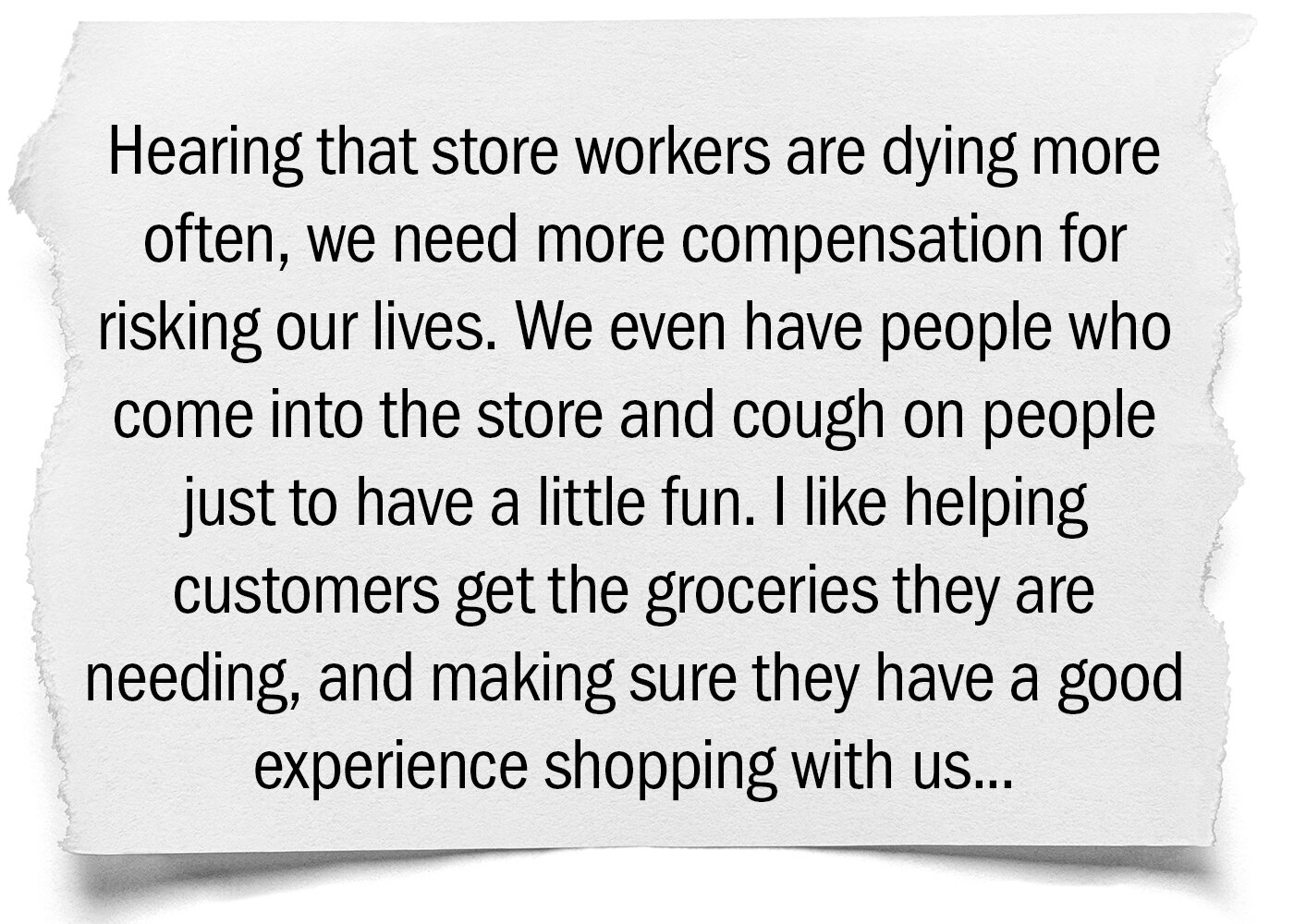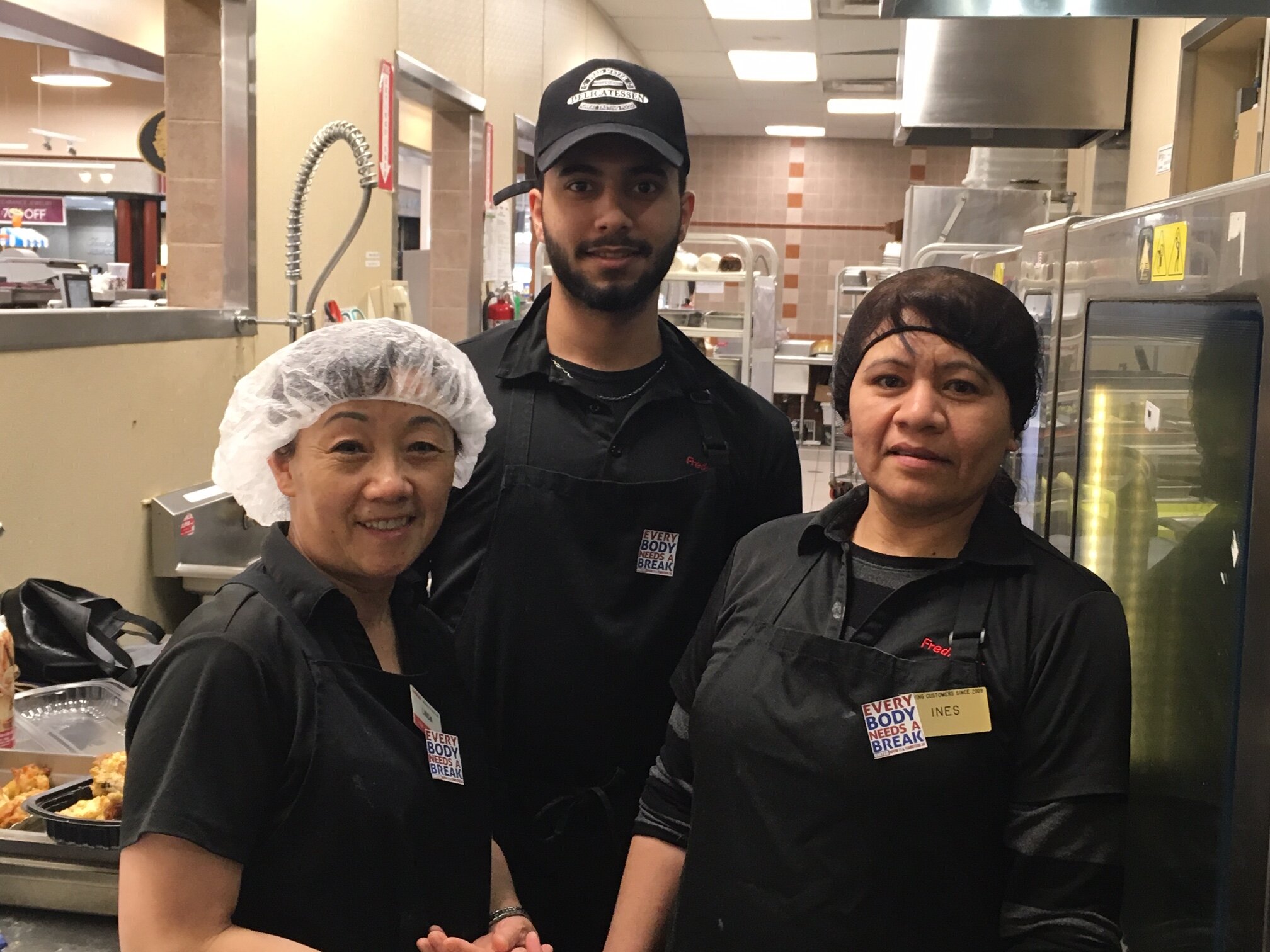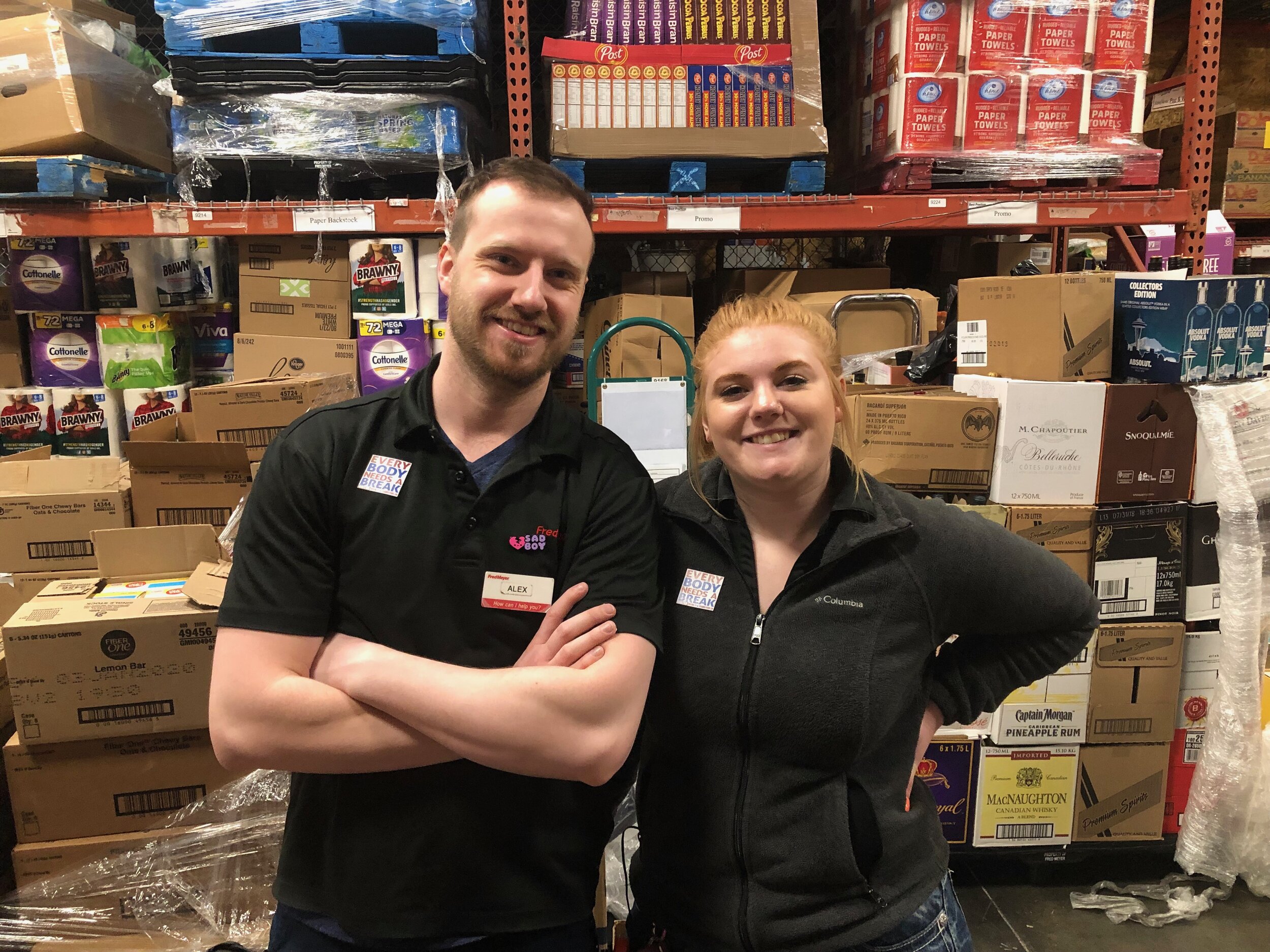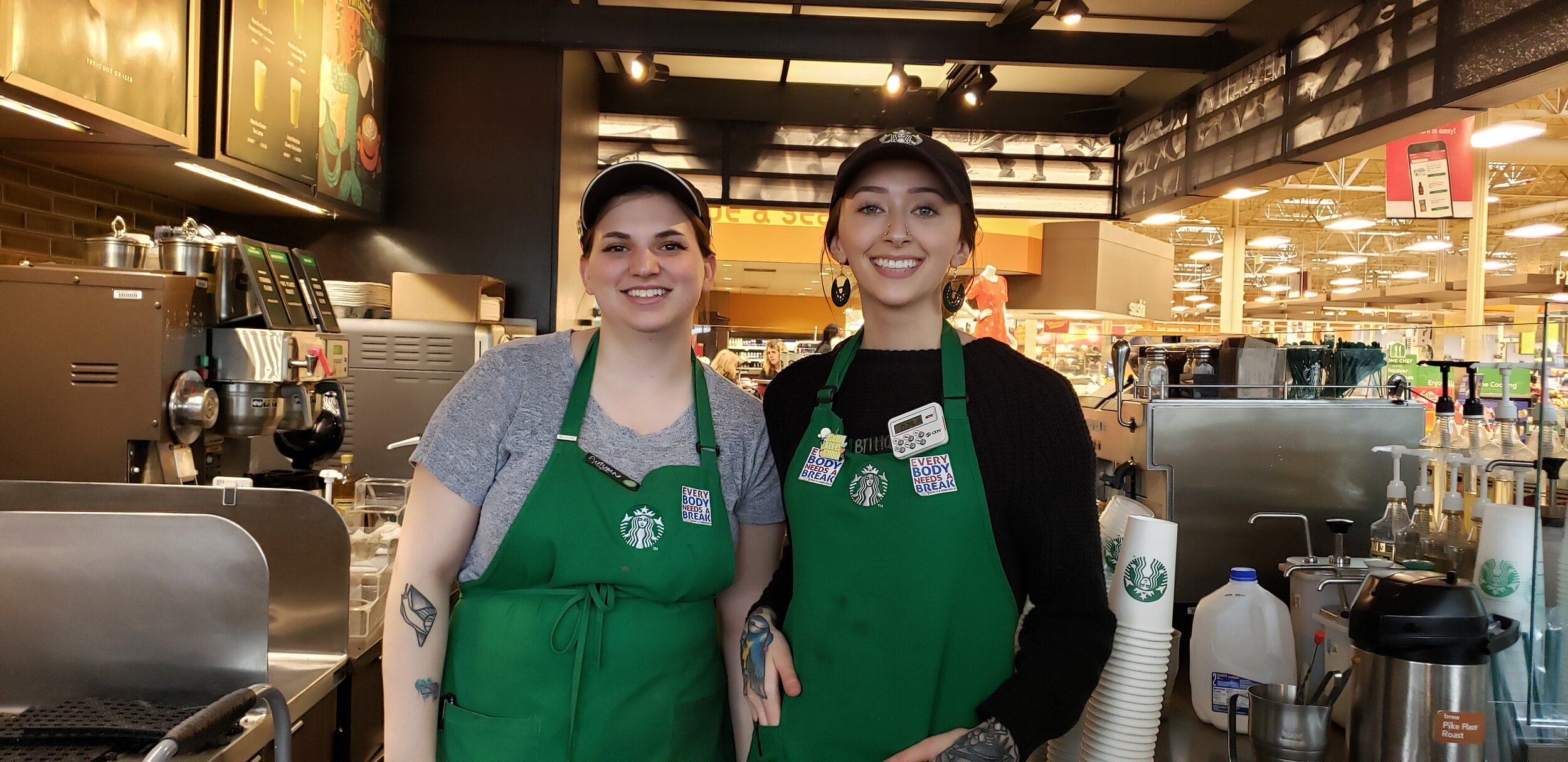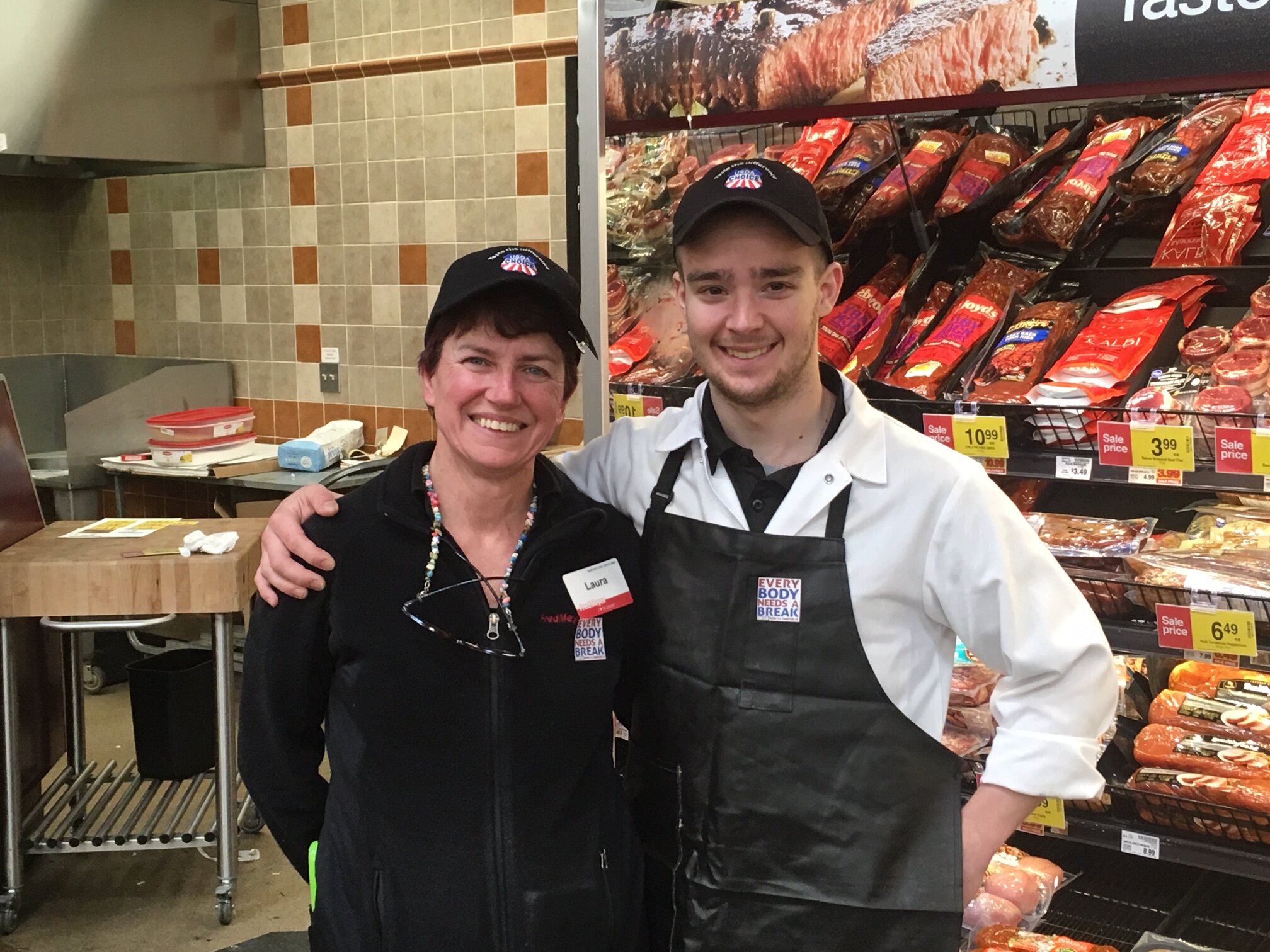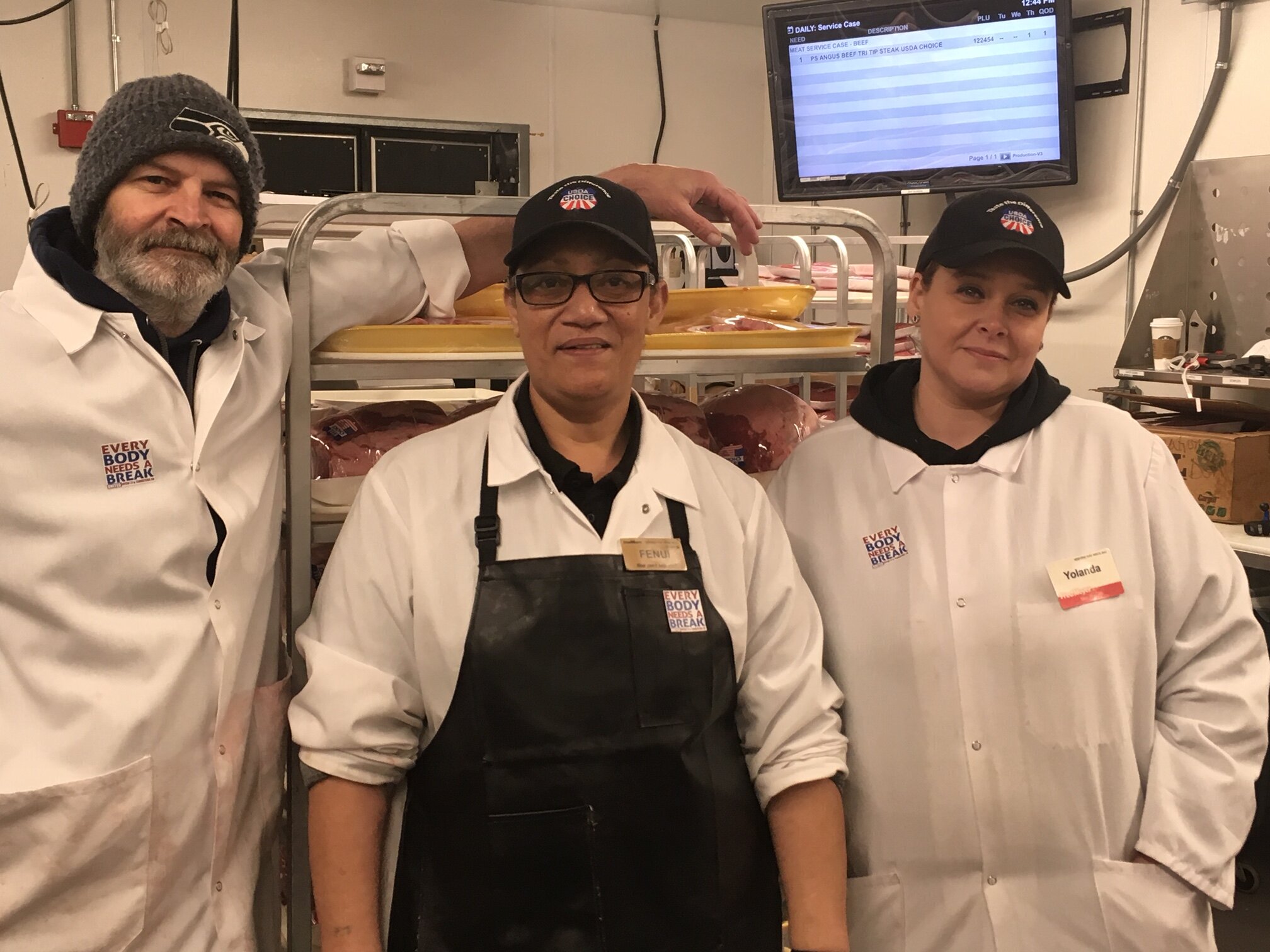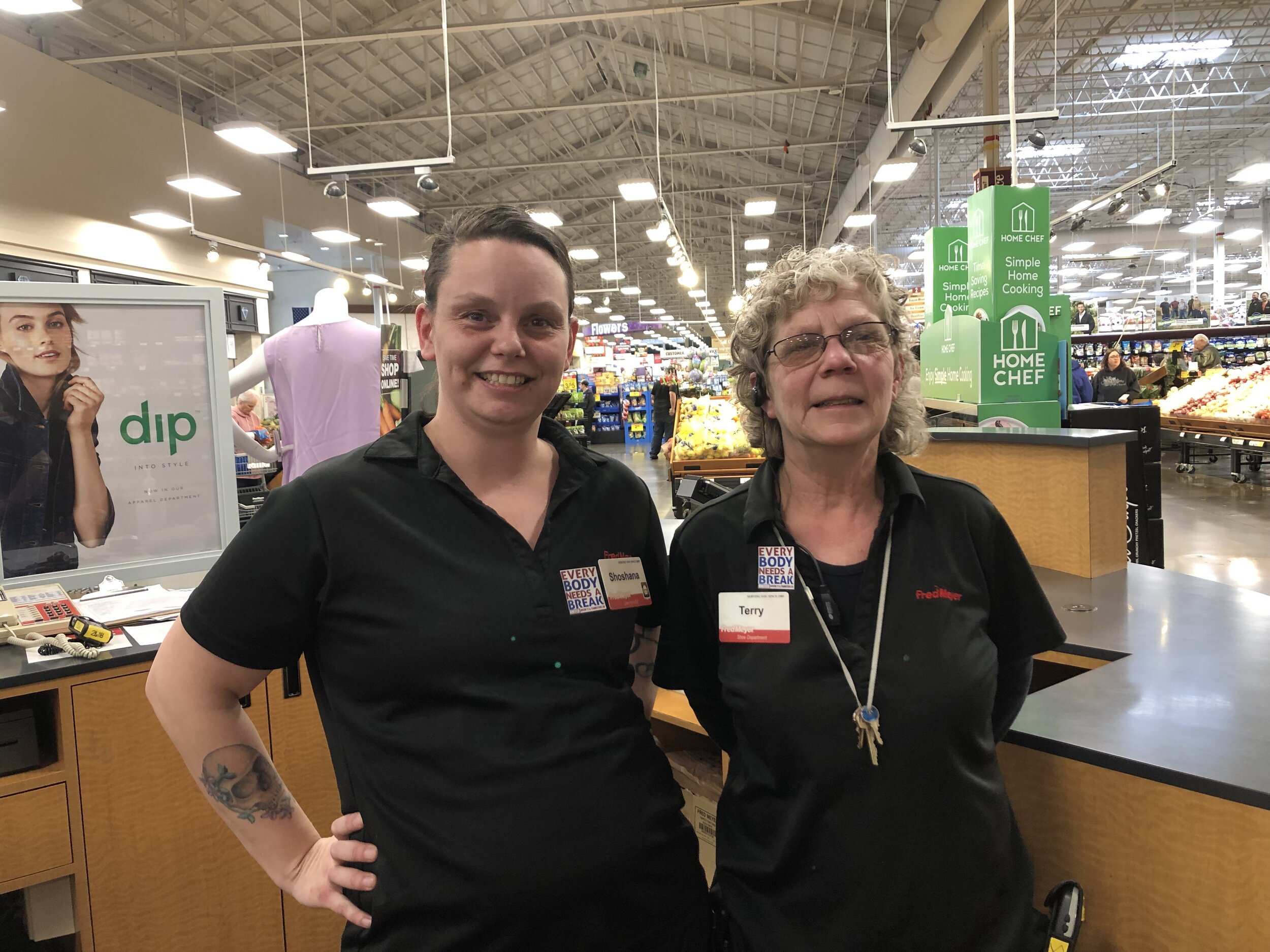As the 2013 contract negotiations between UFCW 21, UFCW 367, Teamsters 38, and the national grocery chains (represented by Allied Employers) in Western Washington opened, it was obvious that it was going to be a fight to win a fair contract. Workers were more united than ever and since 2004 they had been fighting to protect their contract, so concessions to the employers were out of the question.
Allied Employers, on the other hand (Albertsons, Kroger, and Safeway), were expecting to continue to cut their overhead at the expense of workers, and had prepared a long list of takeaways. As is often the case, women leaders in our Union stepped up big time to lead this contract fight, from the shop floors to coordinating the field campaign.
From the get-go things were tough, according to Bremerton Safeway worker Sue Wilmot: “The Employers’ first proposals had a picture of President Barack Obama signing the Affordable Care Act into law because they wanted to double the number of hours we needed to qualify for health care insurance. That would have been devasting to mothers working these jobs to provide benefits to their families.”
Sue had seen this before. In addition to serving on other bargaining teams, in 1989 she had walked the line during a grocery strike for over 90 days—often with her daughters, who were 3 and 5 years old at the time. Sue was not about to accept an insulting health care proposal like this. “I ripped up their proposals right in front of them. I know we didn’t want to show a reaction like that at the bargaining table, but I just couldn’t let that pass!”
In addition to cutting workers off their health care, the employers also wanted deep cuts to the pensions for Meat Department and Grocery workers, minimal raises, and were refusing to address important issues like keeping pay scales above the rising minimum wage, paid sick leave, and cashiers being terminated for mistakes in processing WIC transactions. Rhonda Fisher-Ivie, a cashier at Safeway in South King County at the time, had recently seen “two longtime coworkers with 15-20 years of service get terminated for WIC violations.”
These were a few of the many difficult issues that the bargaining team faced as they talked with employers unwilling to do much of anything to improve things. Faye Guenther had years of experience as an organizer with UFCW 1001 (one of the founding locals of the merged Local 21) and SEIU in Oregon. She knew that in order for the Union bargaining coalition to succeed in getting tough issues addressed, the rank-and-file was going to need to be ready—not just to threaten a strike, but be ready to actually strike. Organizing a powerful field campaign, workers started out by wearing union buttons and leafletting customers in front of their stores. “From there, we moved to escalations like a flash mob for paid sick leave” at the University Village QFC, says Faye. After that came coordinated July info pickets at locations across Western Washington, followed by “rolling info pickets at multiple stores throughout the day” in late summer.
Amy Dayley Angell was a cashier at the Wallingford QFC in Seattle and had recently stepped up to become a union leader at her store when a grocery clerk was terminated for misreading an ID during a tobacco sale. She started a petition that a supermajority of workers at the store signed and eventually convinced QFC to bring back their coworker. As the contract campaign heated up, Amy kept her coworkers informed and recruited them for the actions throughout the summer including the info picket at their store.
In September, the Union bargaining team called for strike votes. Keeping coworkers educated about the stakes of the negotiations and reminding them of the need to act in solidarity was key as the strike votes approached. The campaign had started in March of 2013 and it looked like it would go well into October. Keeping everyone engaged and organized was something that rank-and-file leaders and staff organizers worked on from the beginning, and it started to pay off.
“People got behind it right away,” says Rhonda. “They were ready to act!” The strike authorization passed with over 90% of members voting to strike if called for. The membership of the three unions were elated, but knew that now things were getting serious. Preparing for a strike was the next thing leaders had to do.
Amy and other shop stewards started to attend picket captain trainings, where they learned how to draft picket schedules for their stores, explain to coworkers what is expected on a strike line, and how they could get strike relief pay. More and more grocery store workers were stepping up to become picket captains and leaders in the store. Solidarity and resolve were edging out fear and anxiety.
“It was a bonding experience,” says Sue. “We were organizing babysitting networks so parents could walk the line, and made maps of where people could shop and get prescriptions filled during a strike and not cross the picket line.”
“As the campaign escalated with strike votes and picket captain meetings, the number of activists kept getting bigger and bigger,” explains Amy. “And then in October, the Union bargaining coalition delivered a 72-hour strike notice to the Employers, and everything changed quickly!”
Faye says that at this point the campaign started to become “transformative not just for grocery workers, but for our union as a whole.” UFCW 21, Teamsters 38, and UFCW 367 set up a giant countdown clock at Westlake Park in Downtown Seattle. Nightly rallies were held, which quickly made the countdown clock THE place for grocery workers to be. Customers pledged to not cross the picket line at their local grocery store and they let store managers know it. The workers had broad support from across the community.




